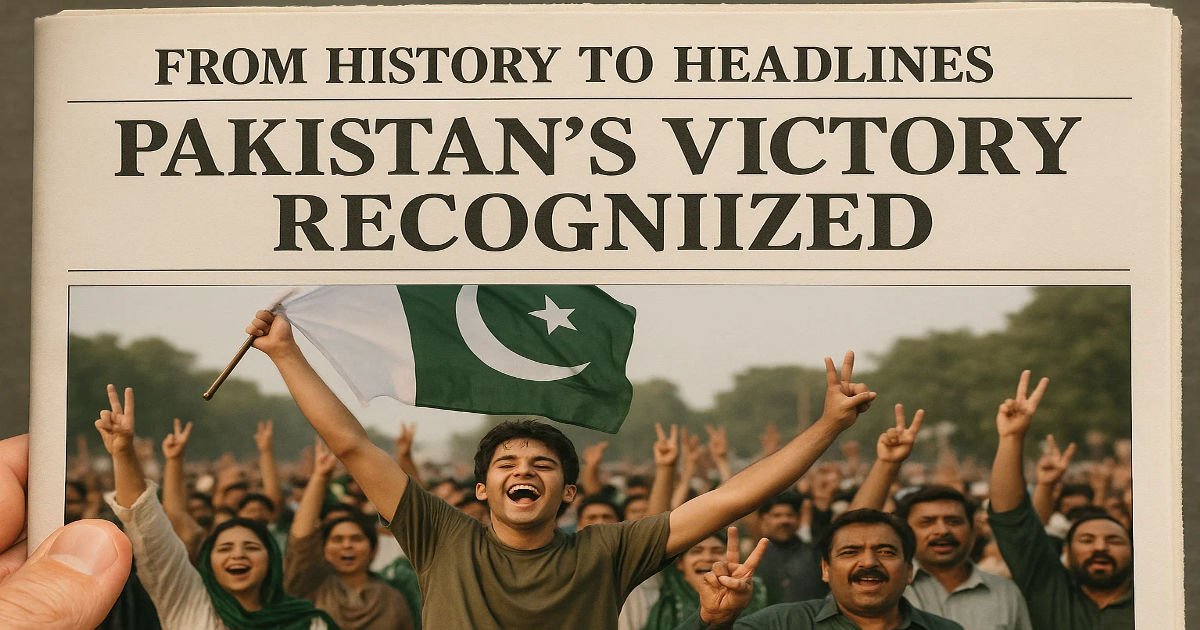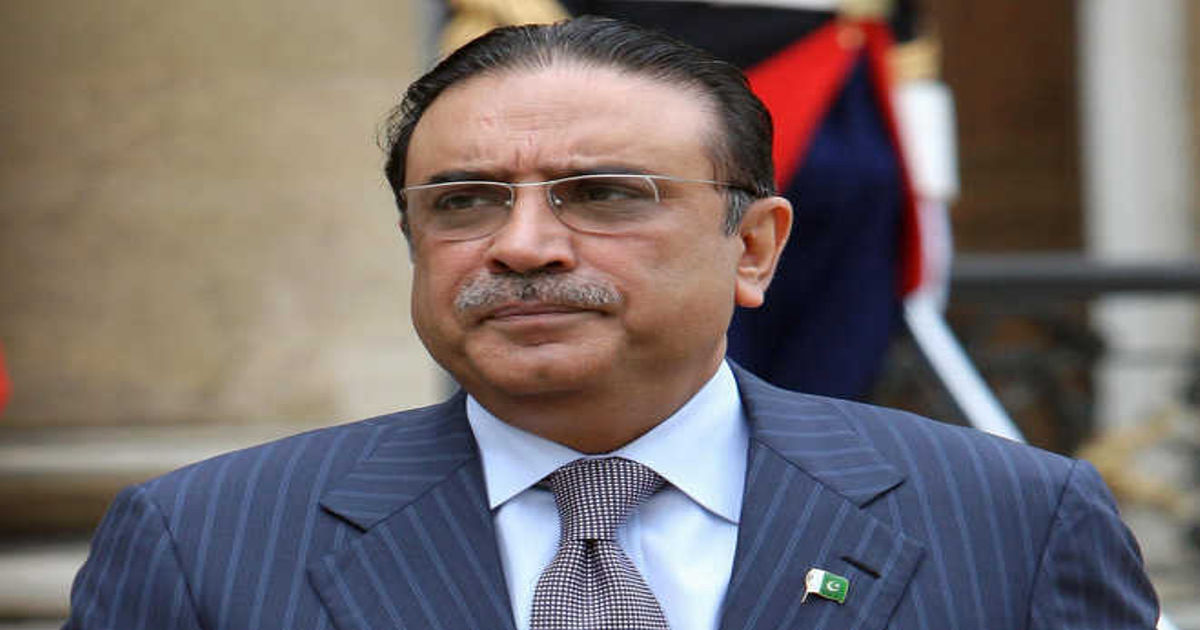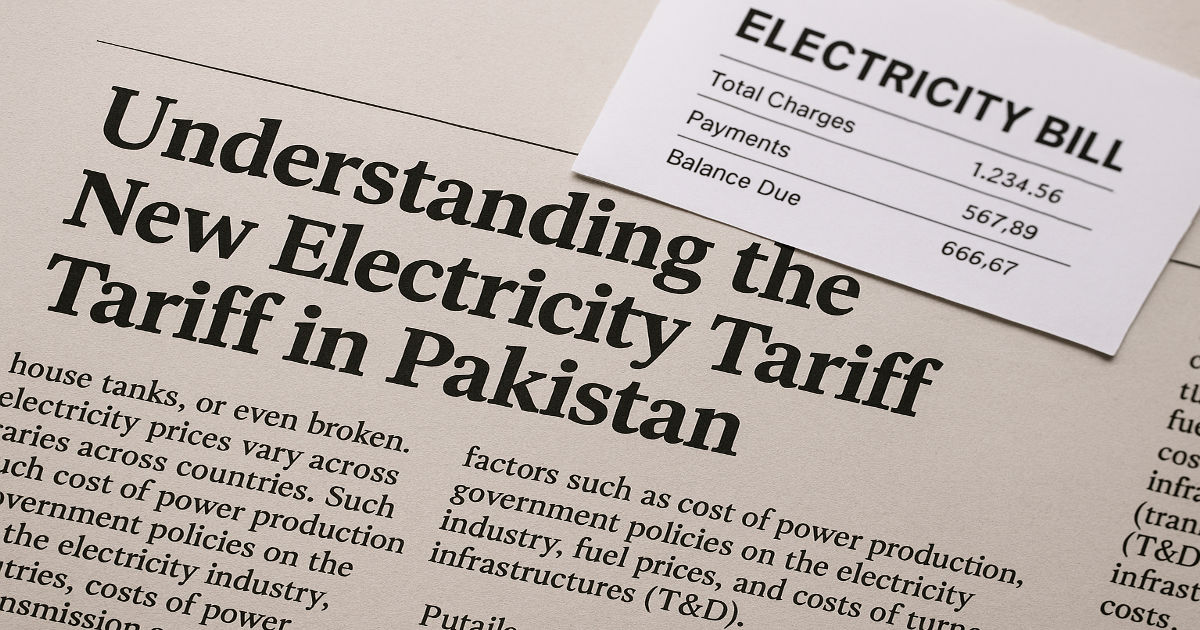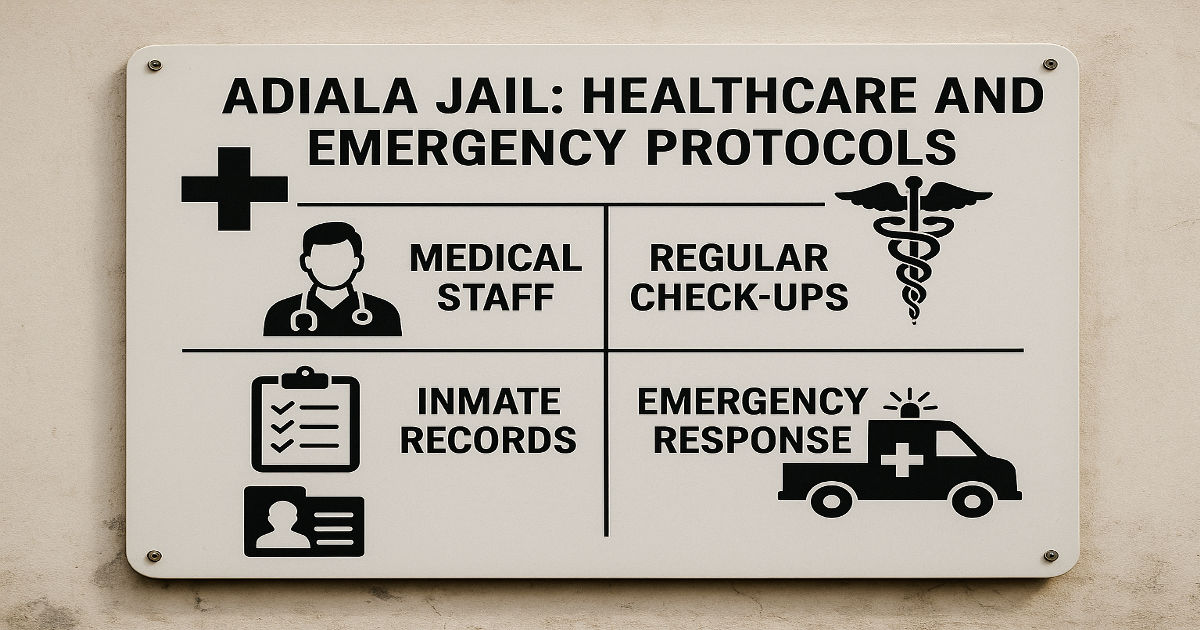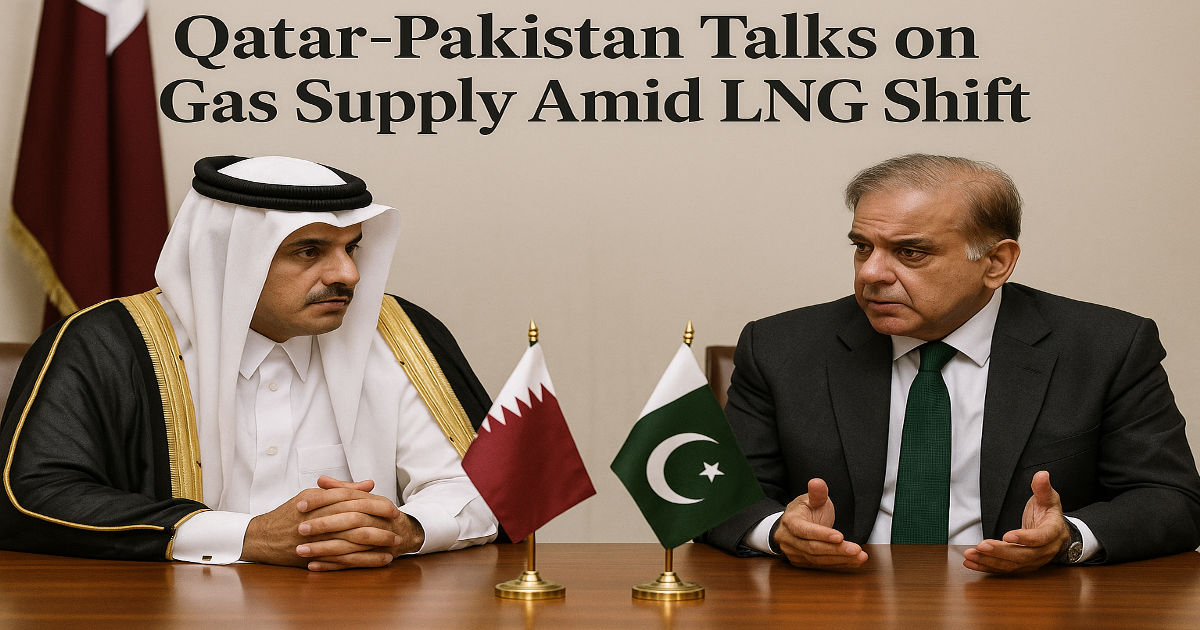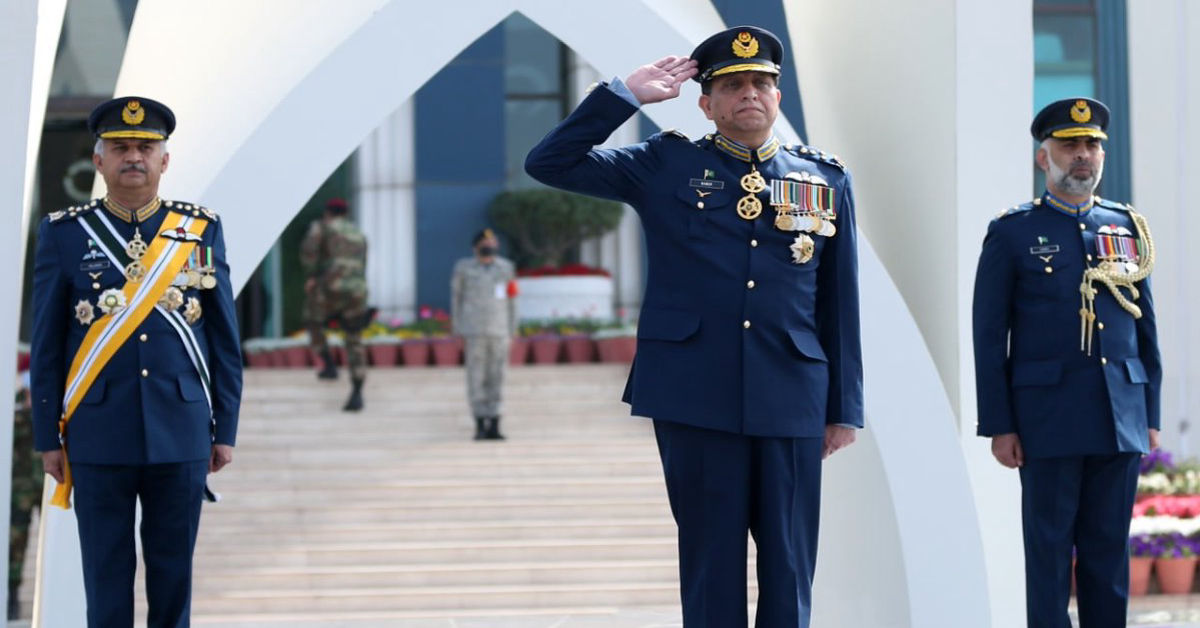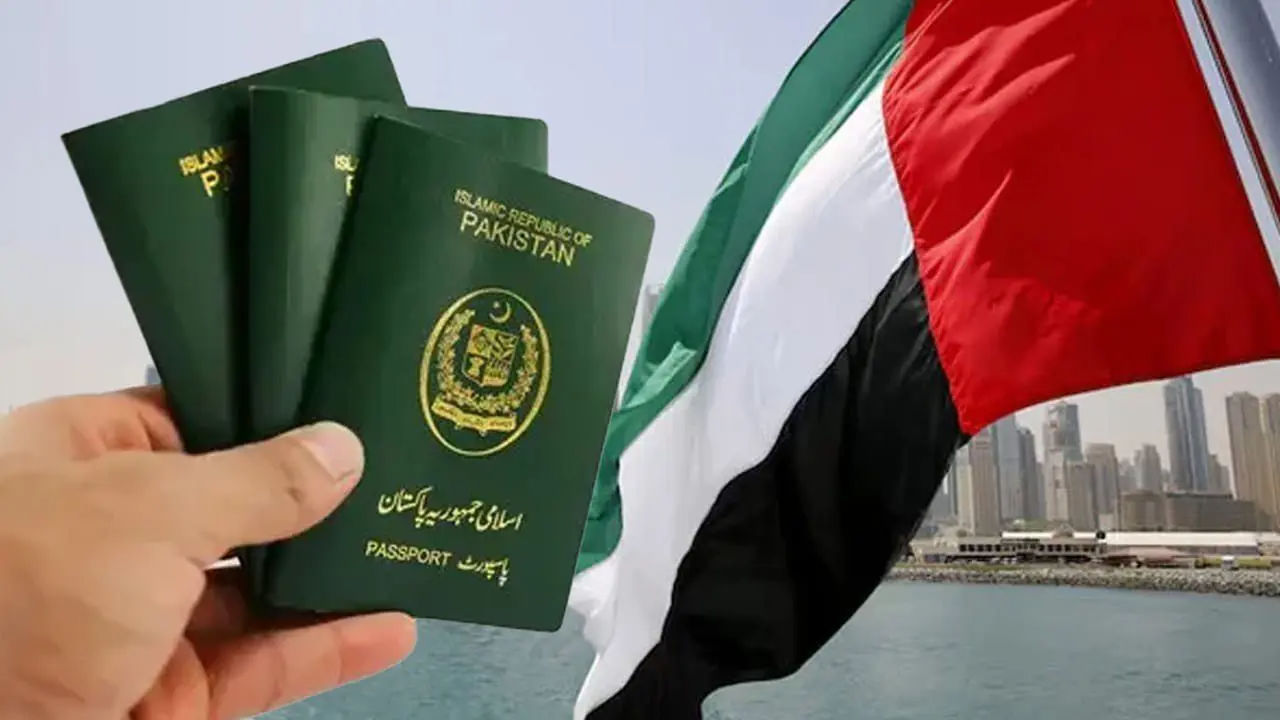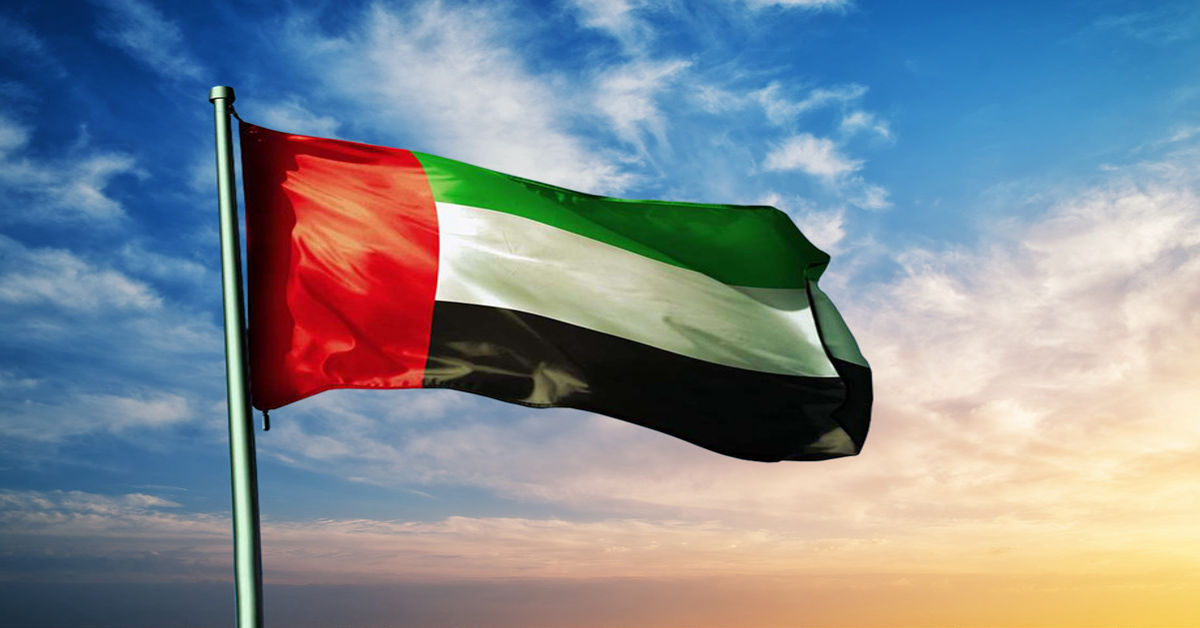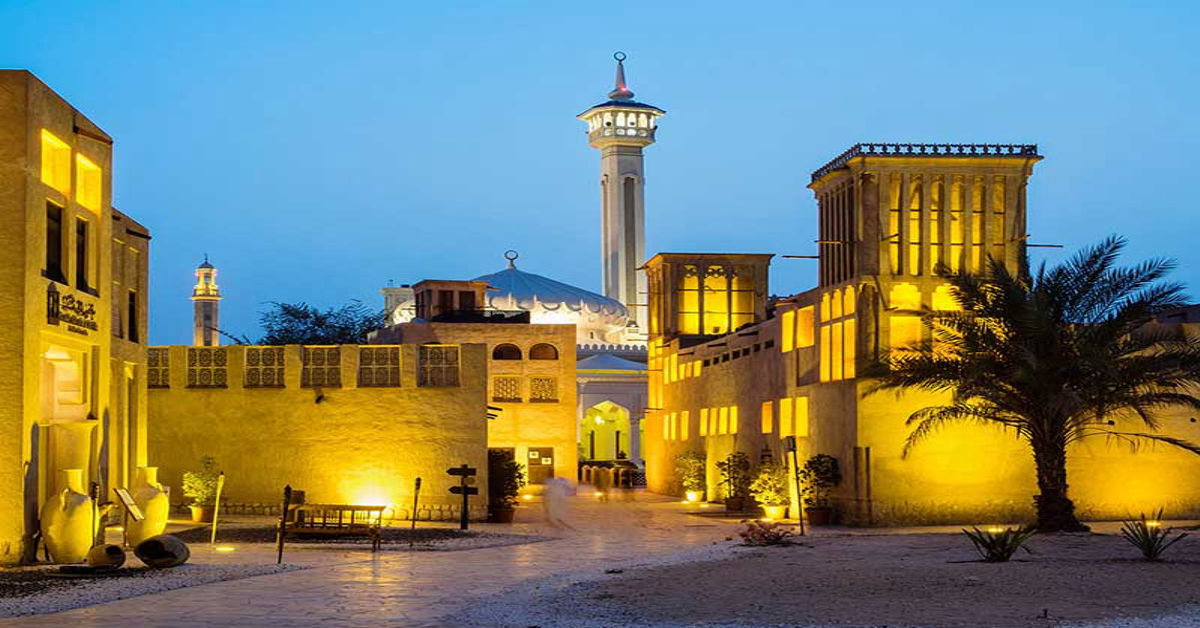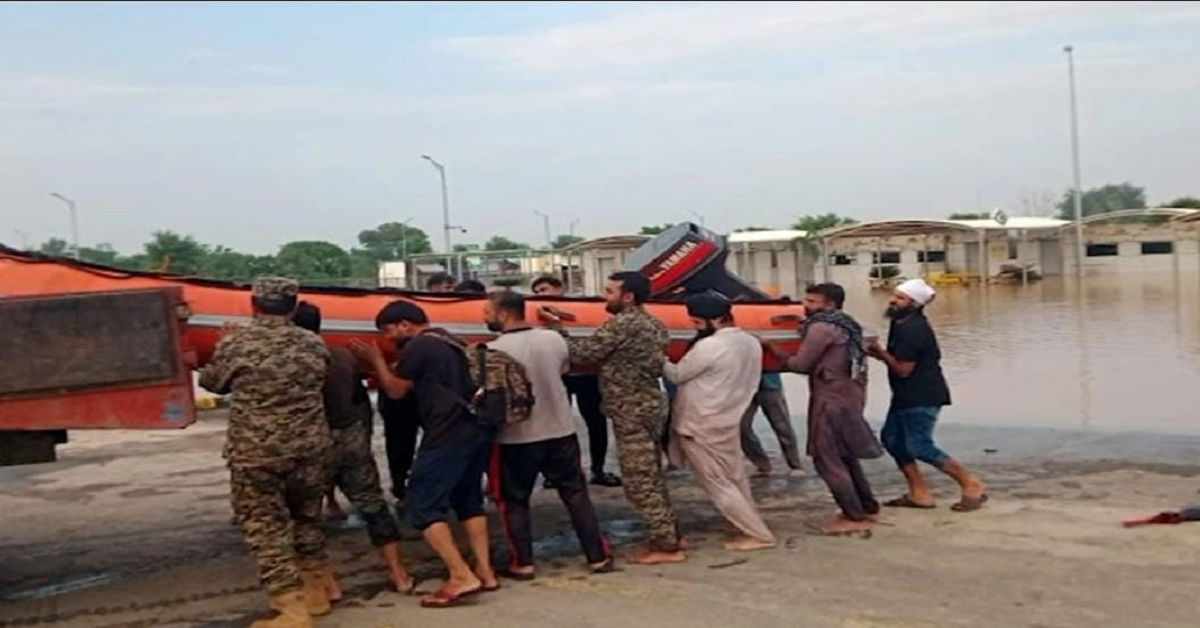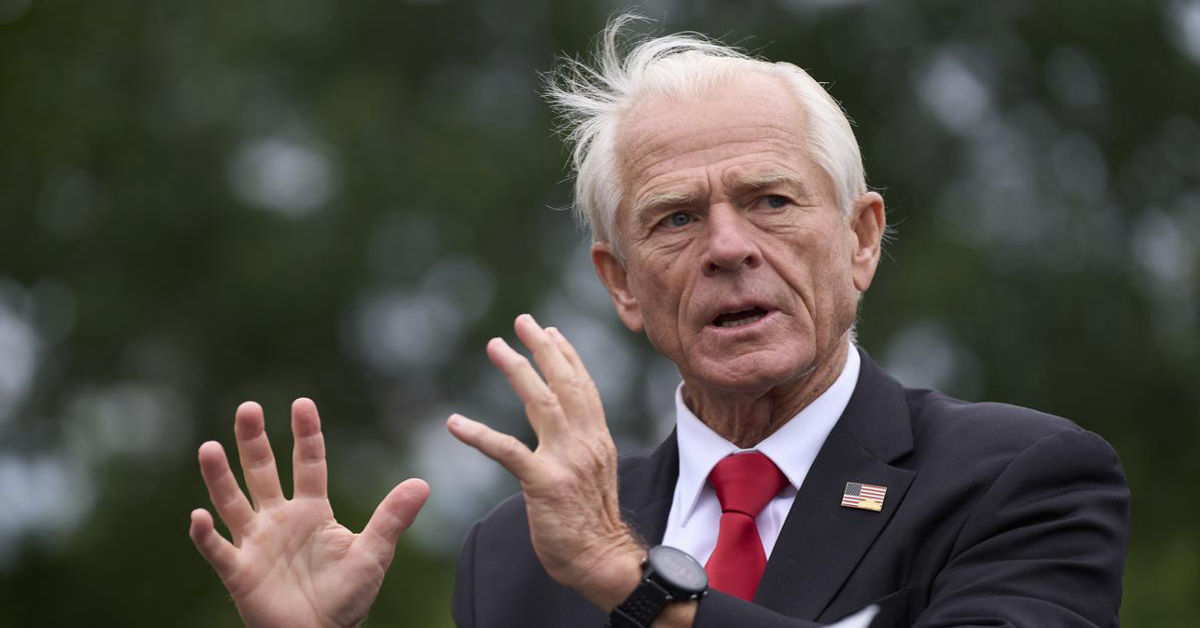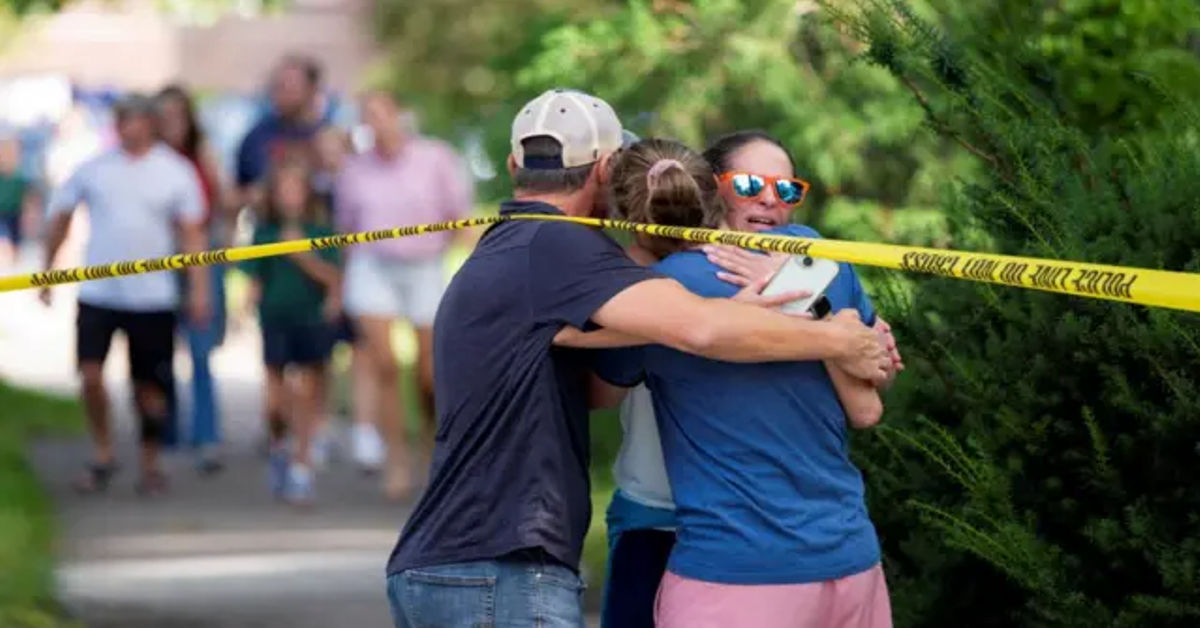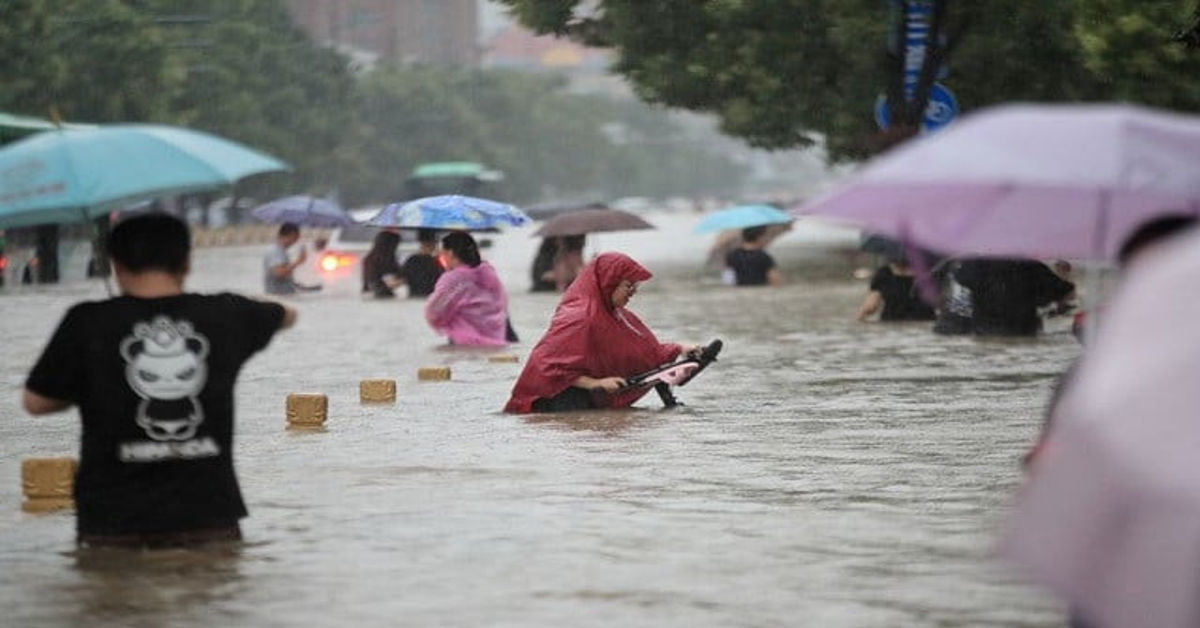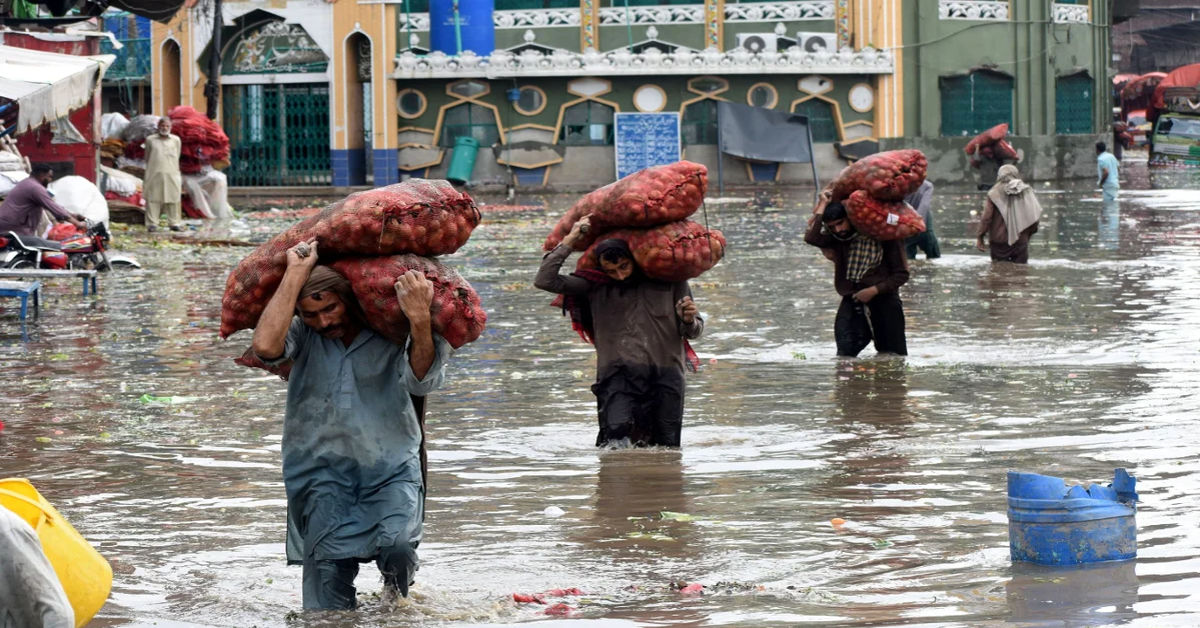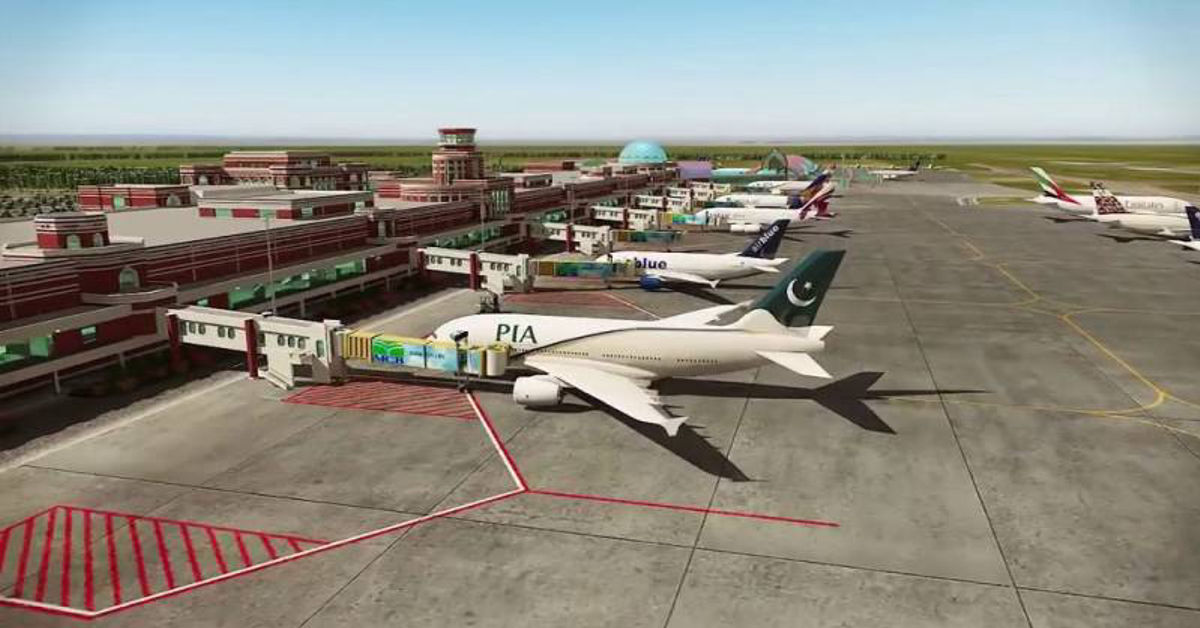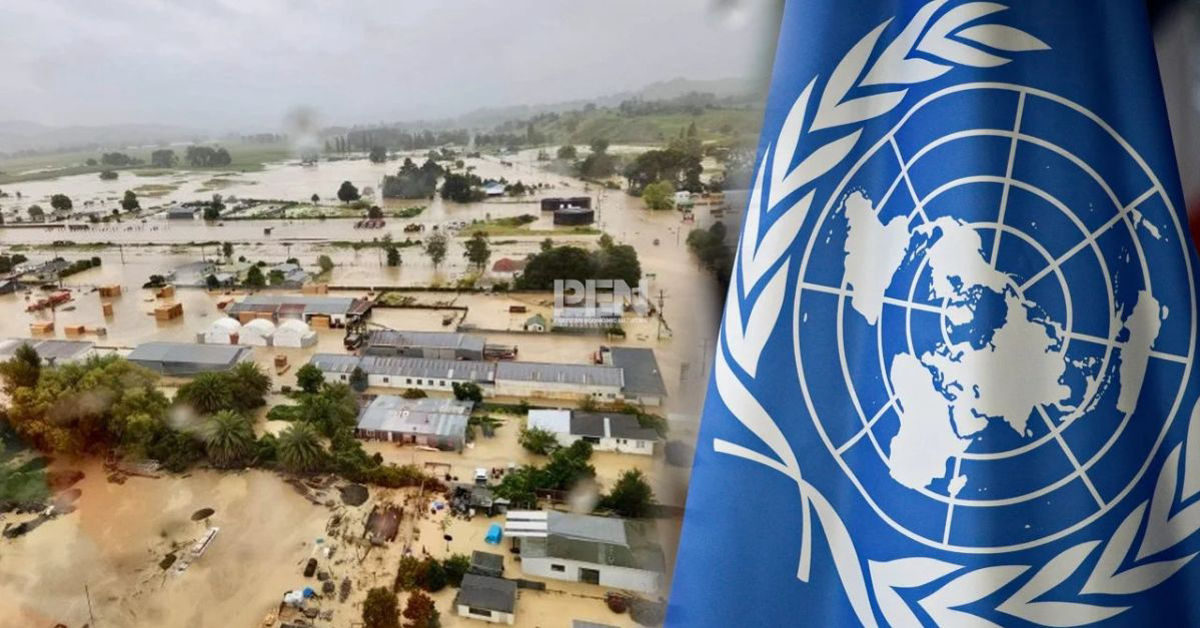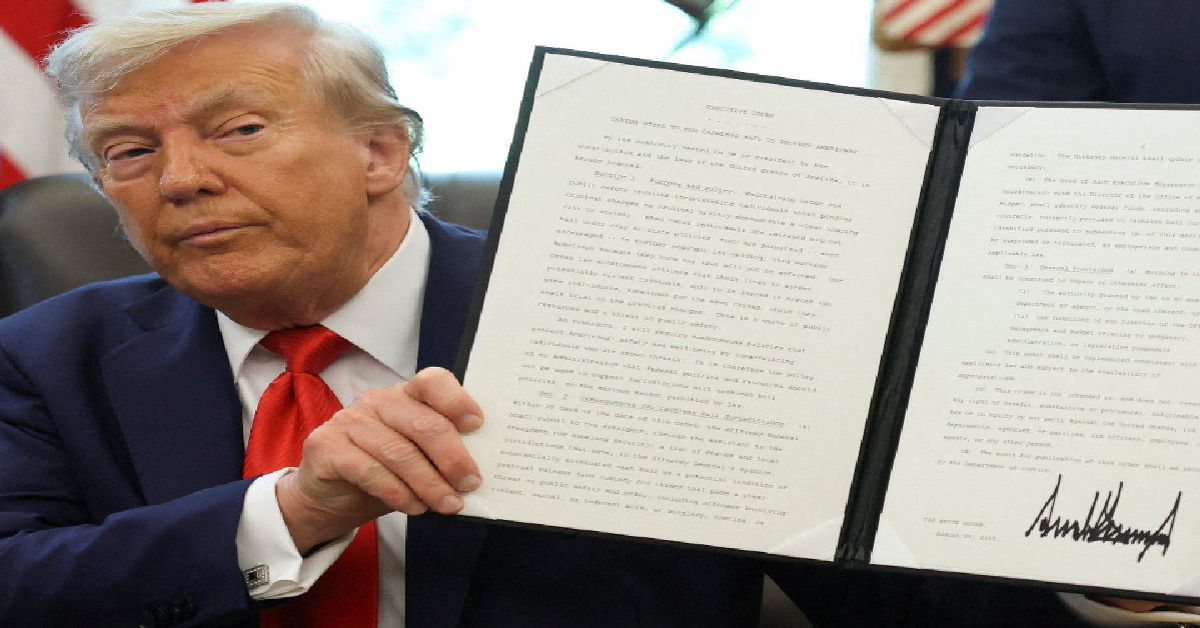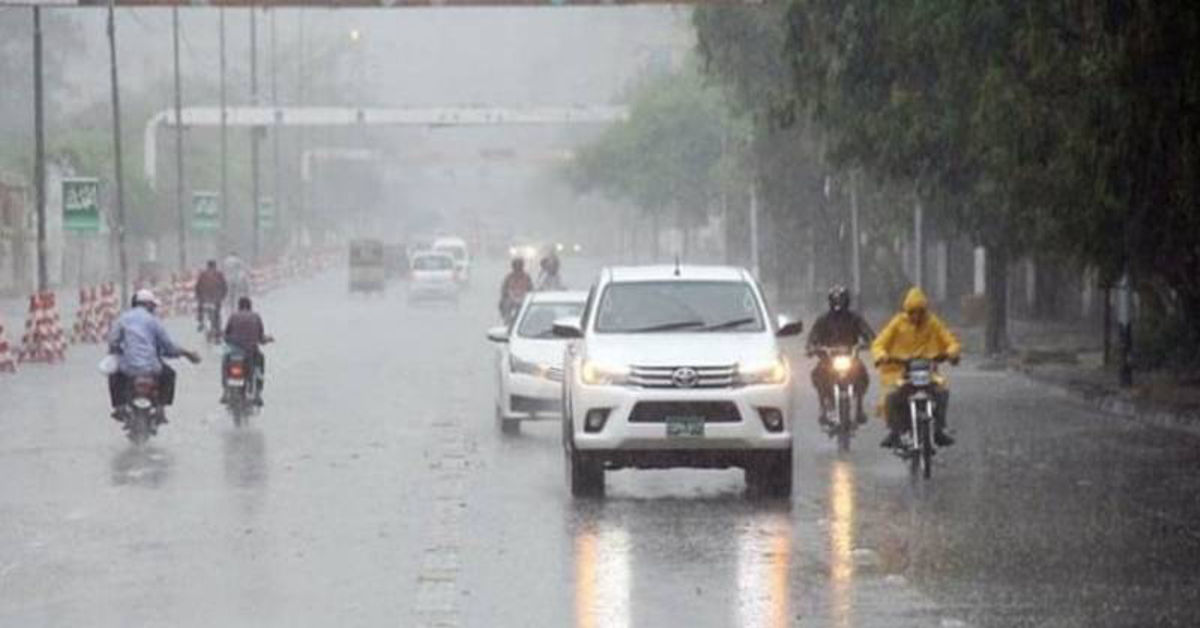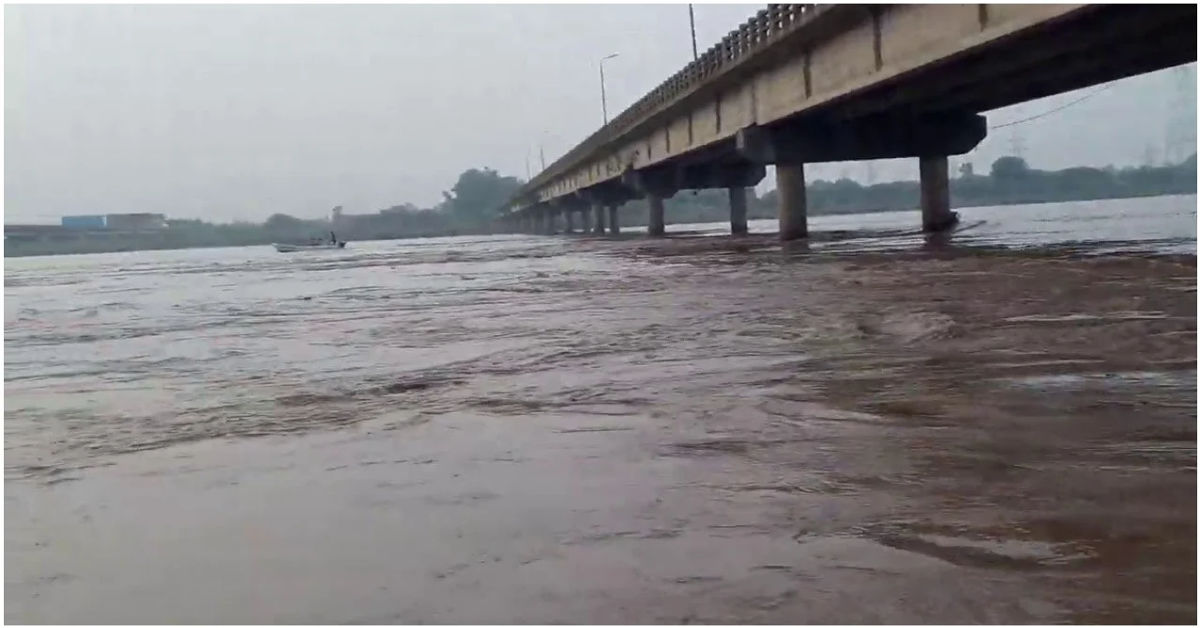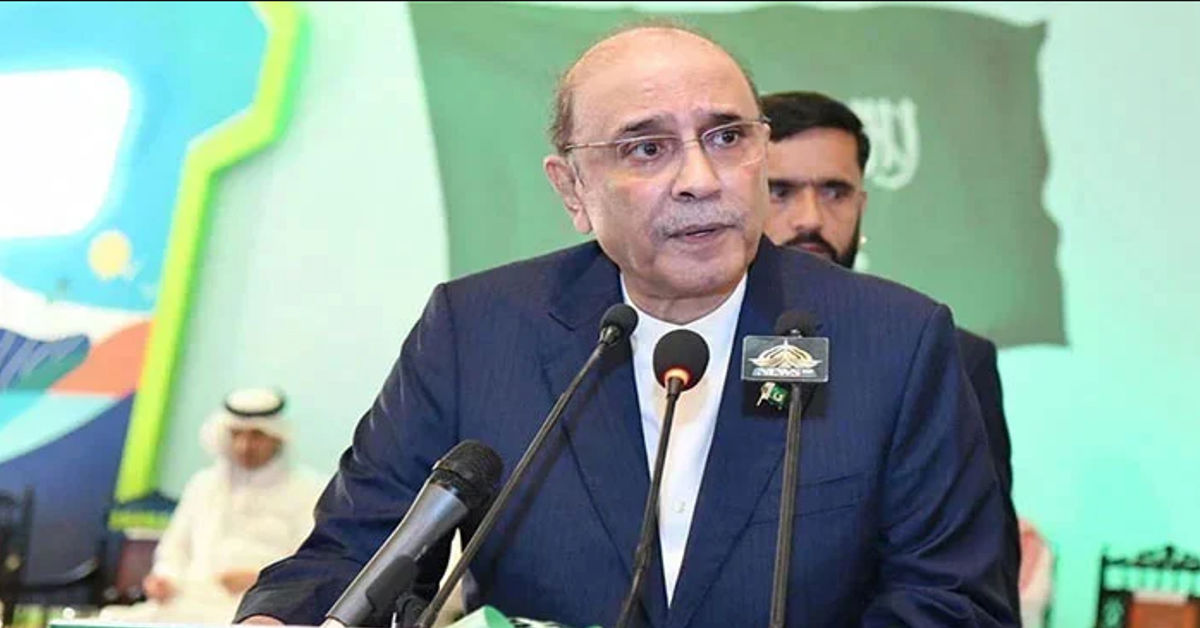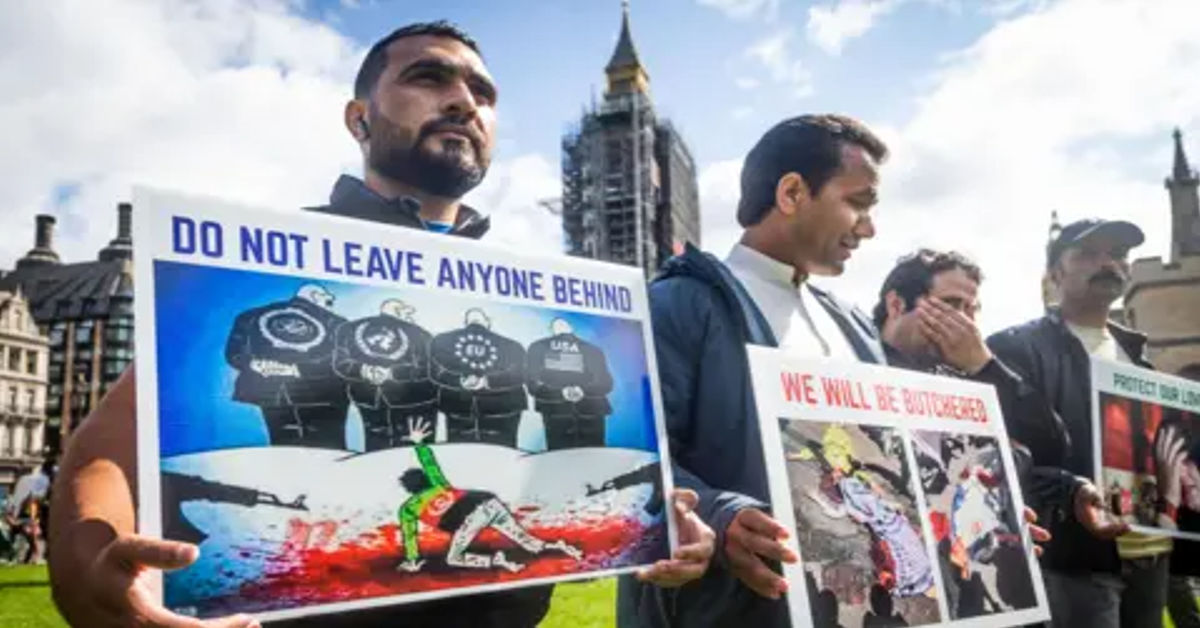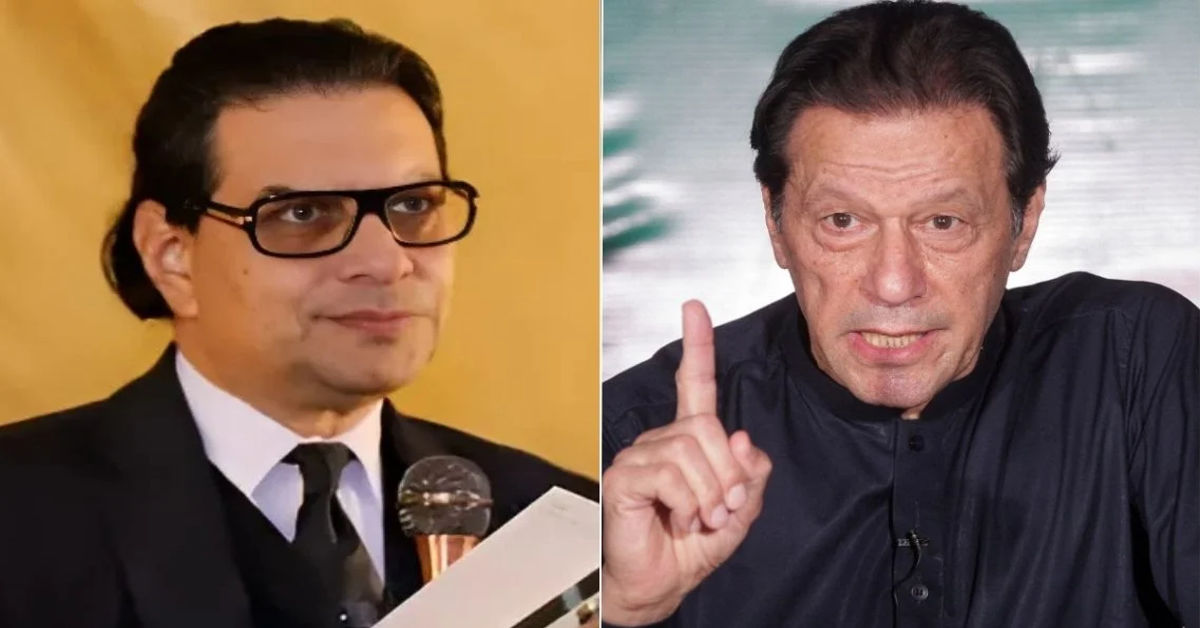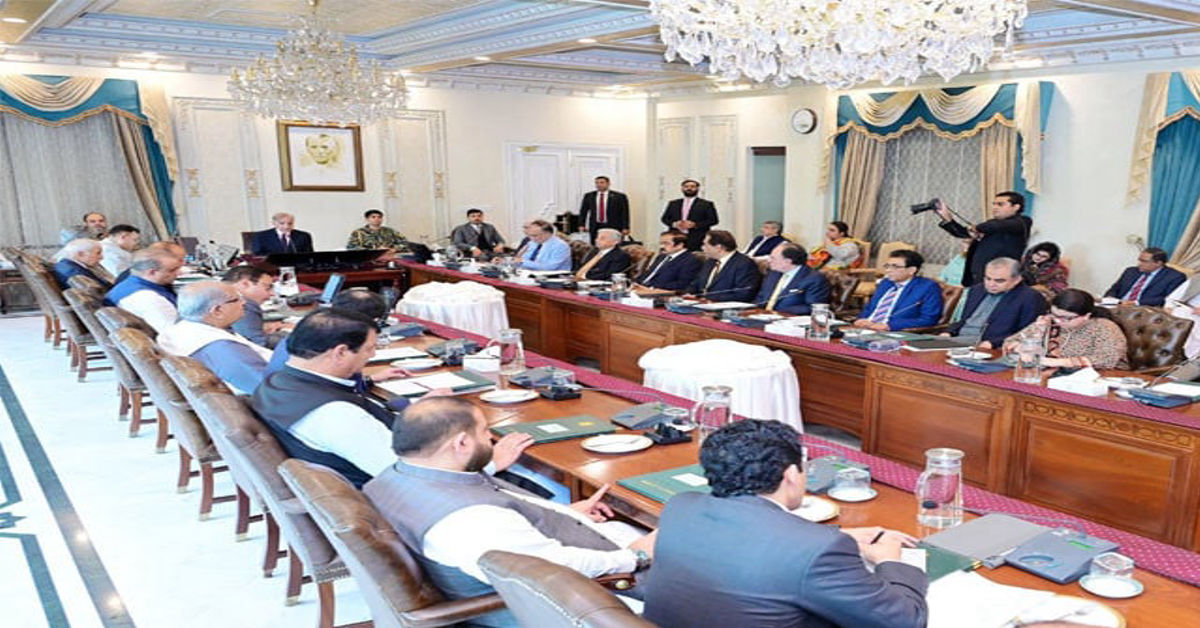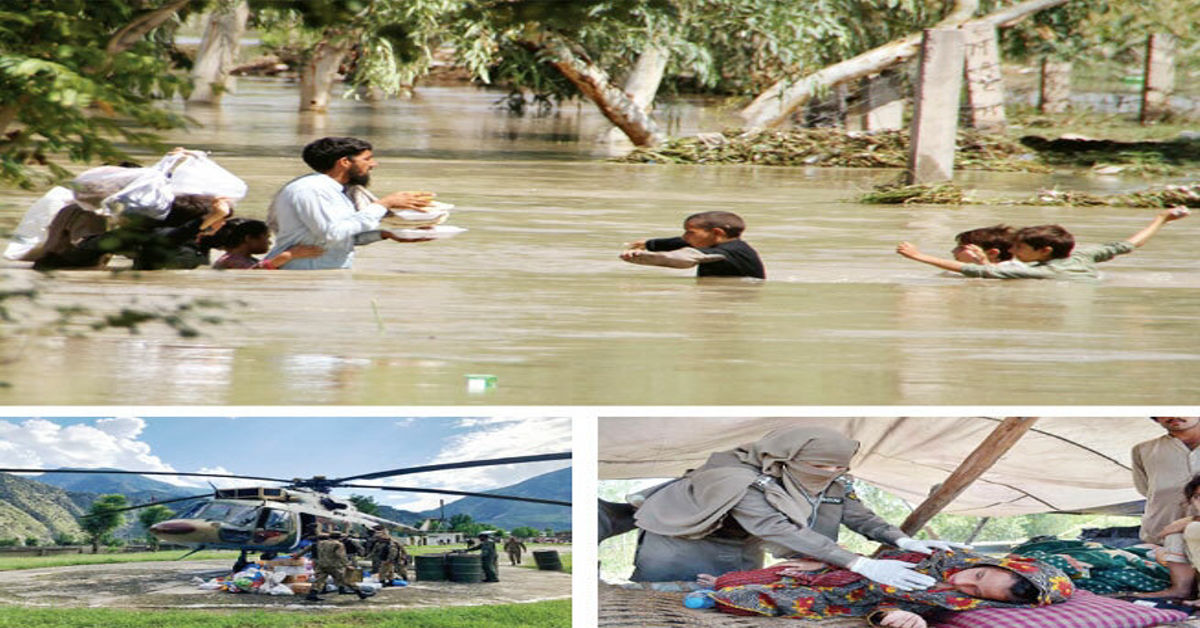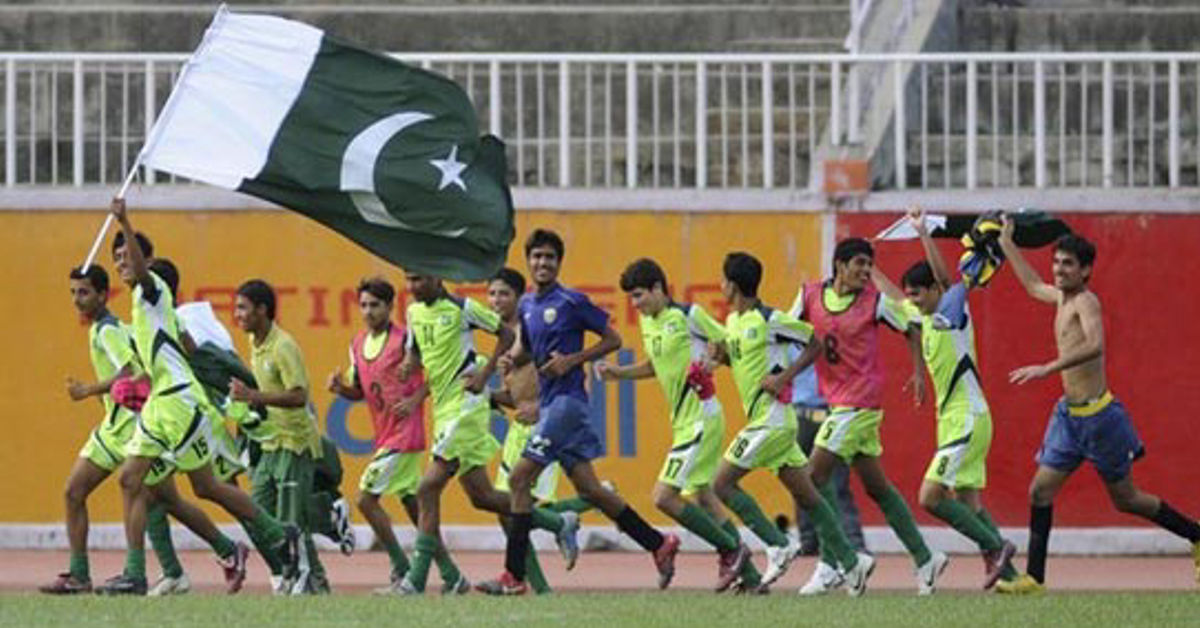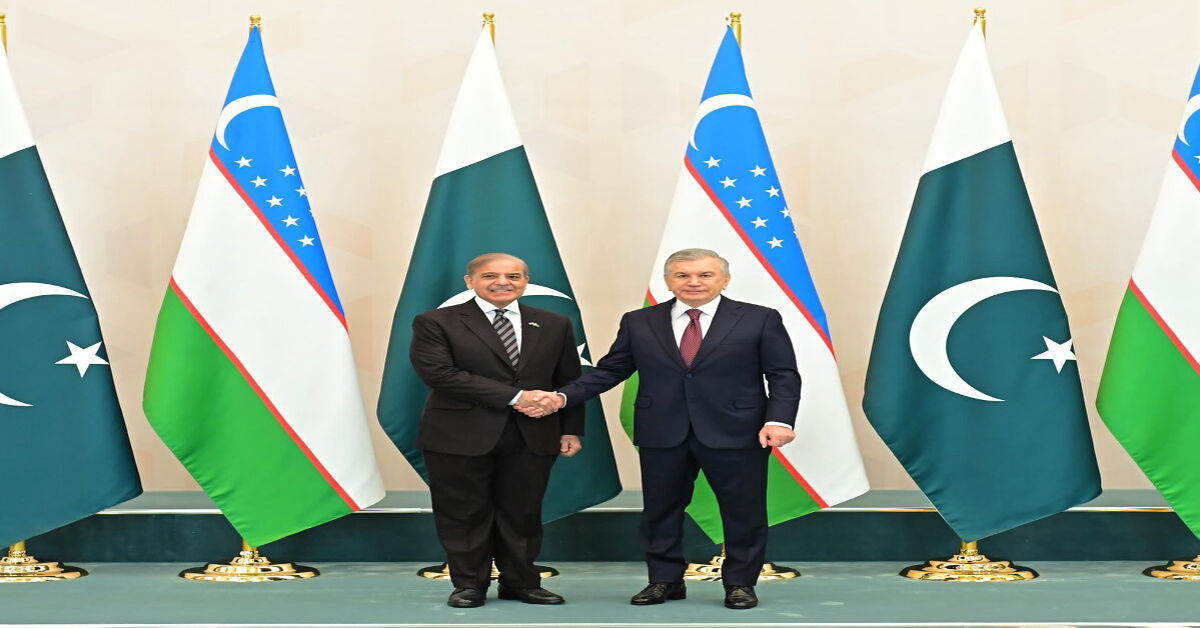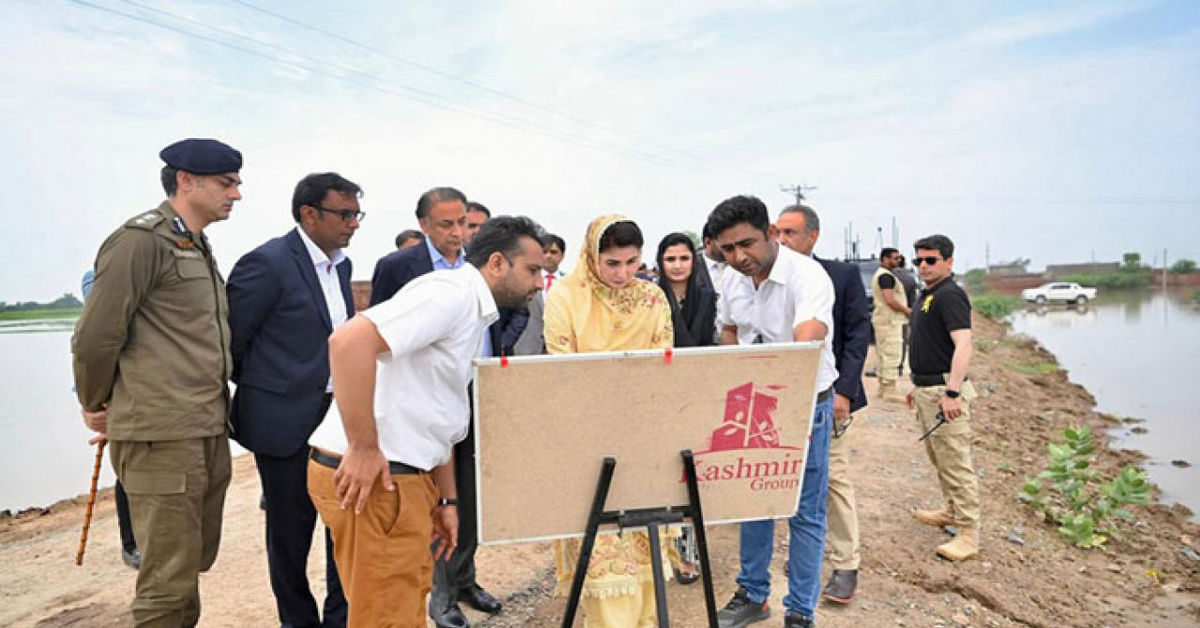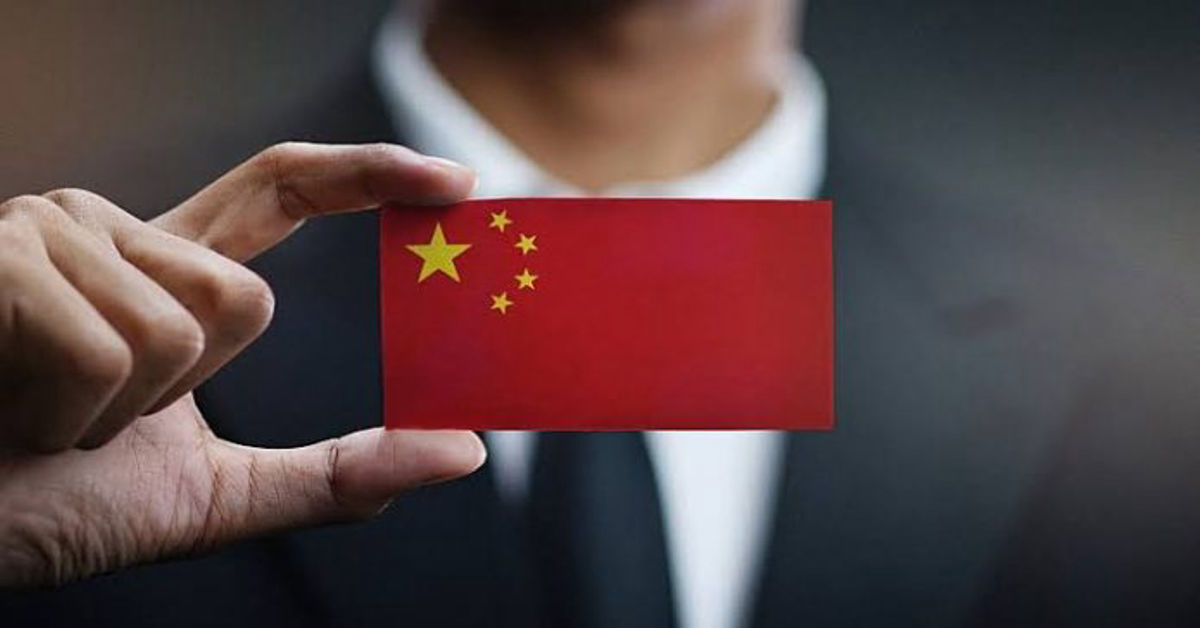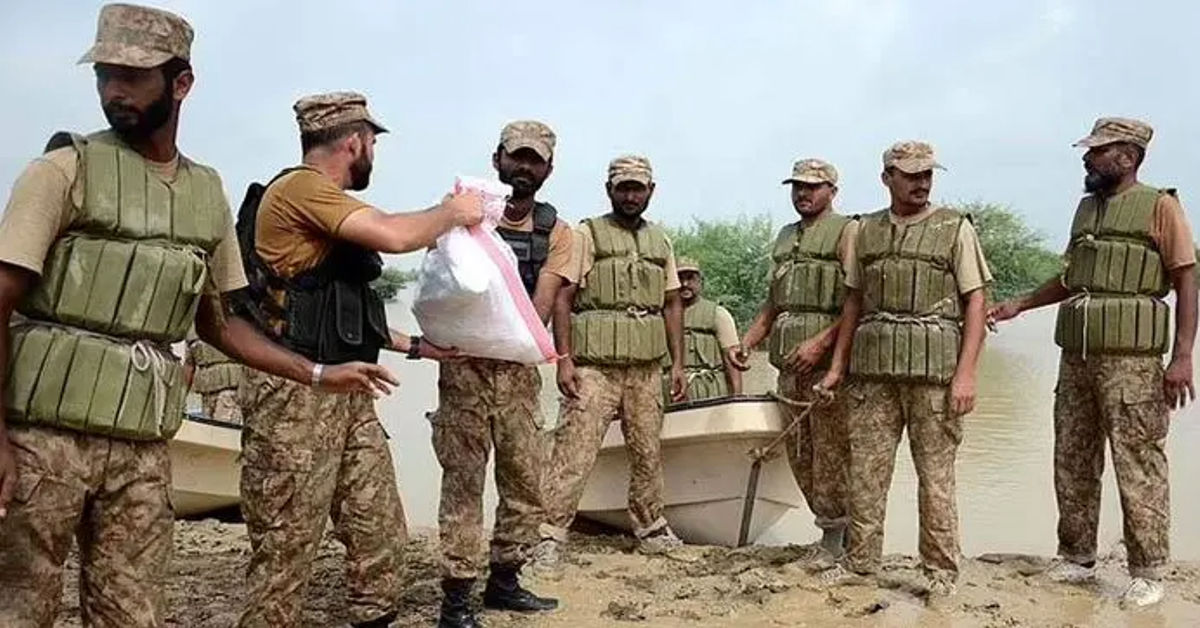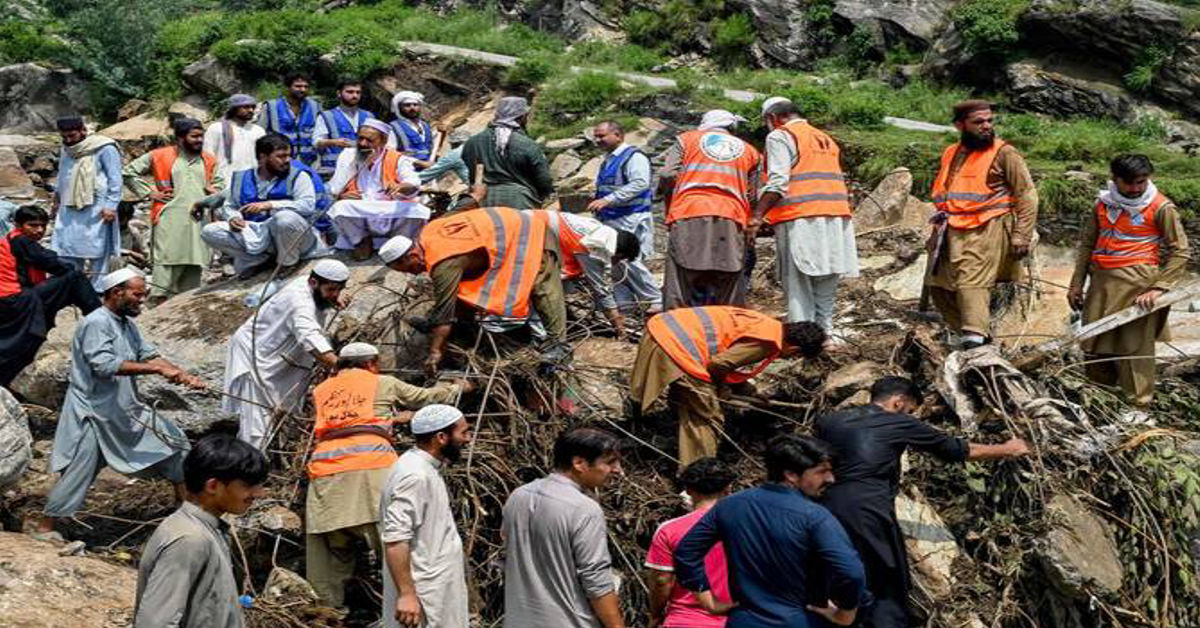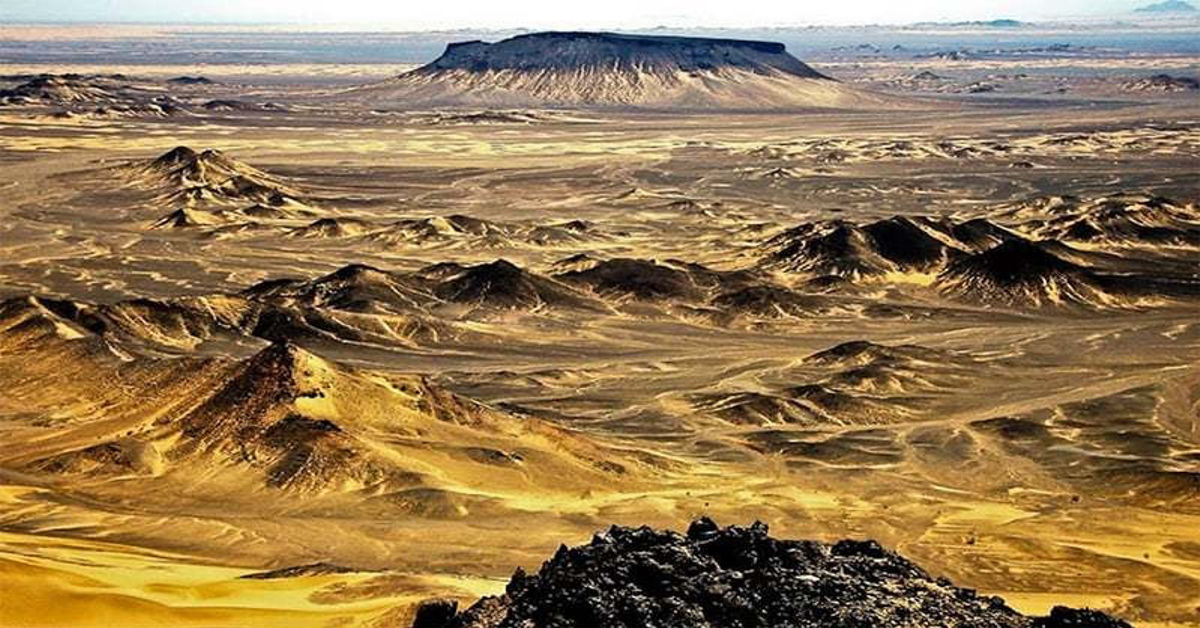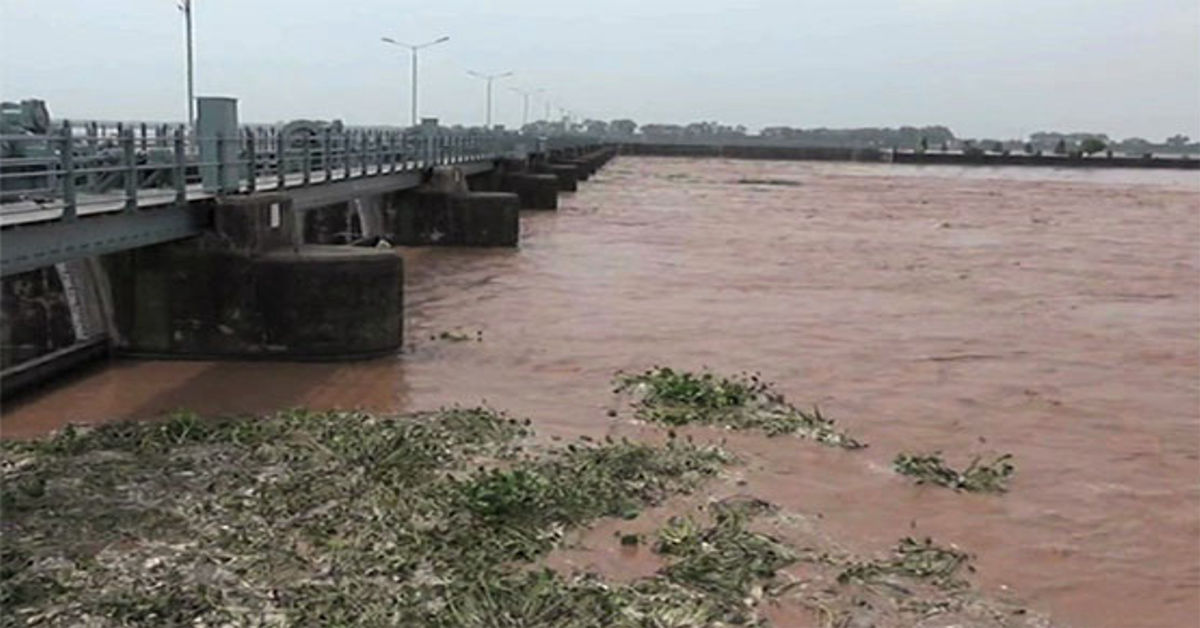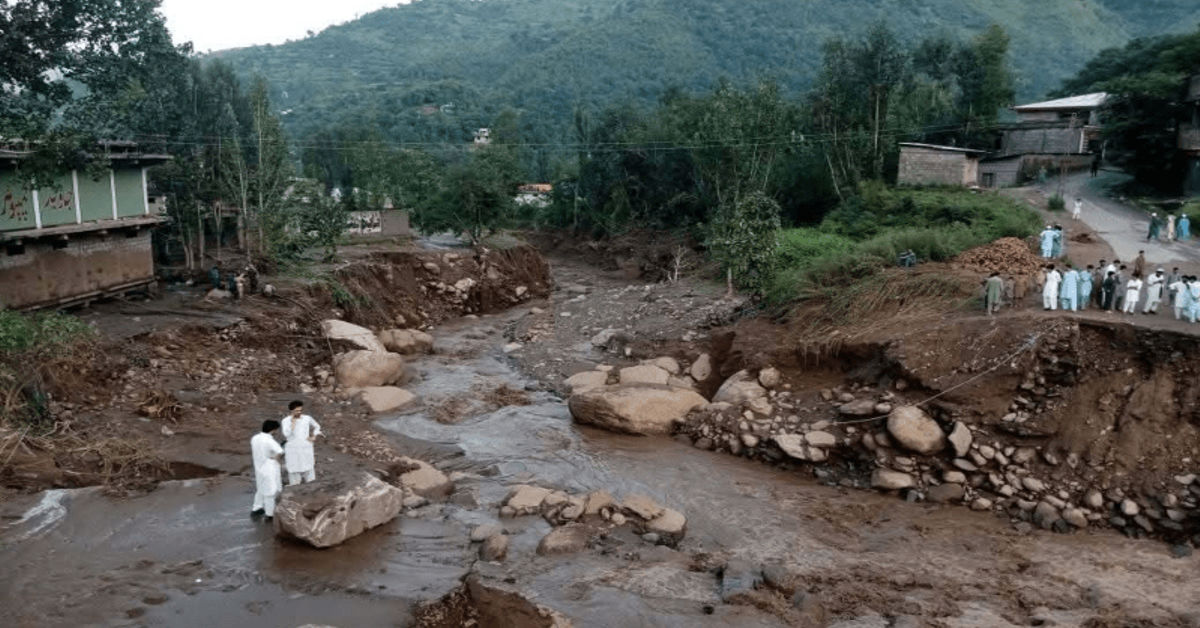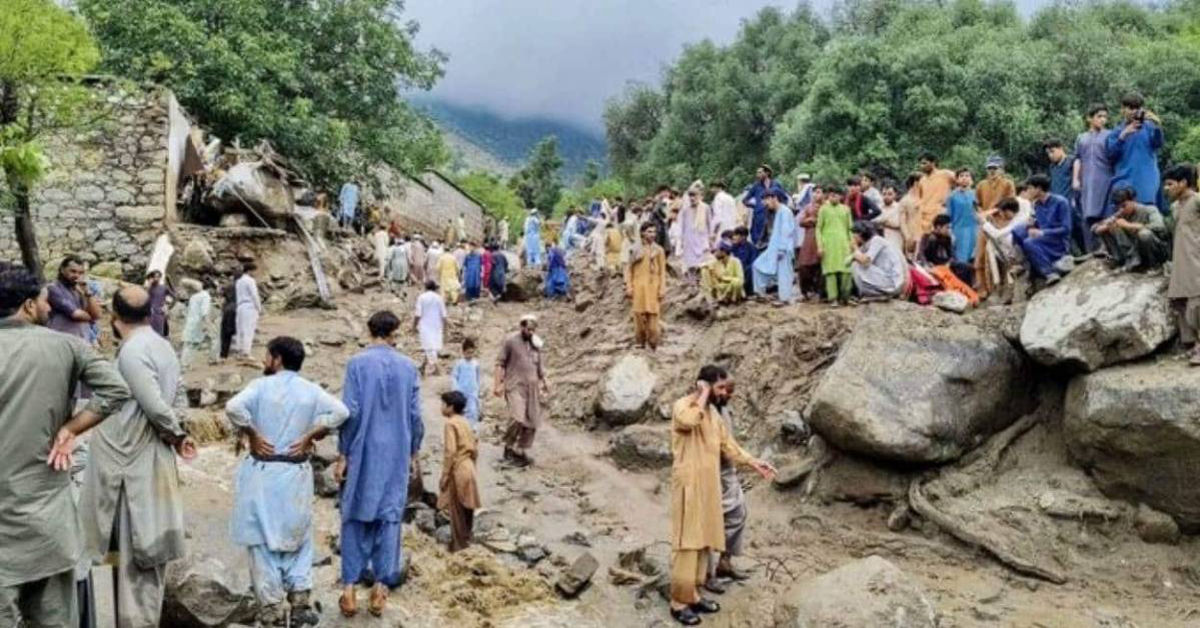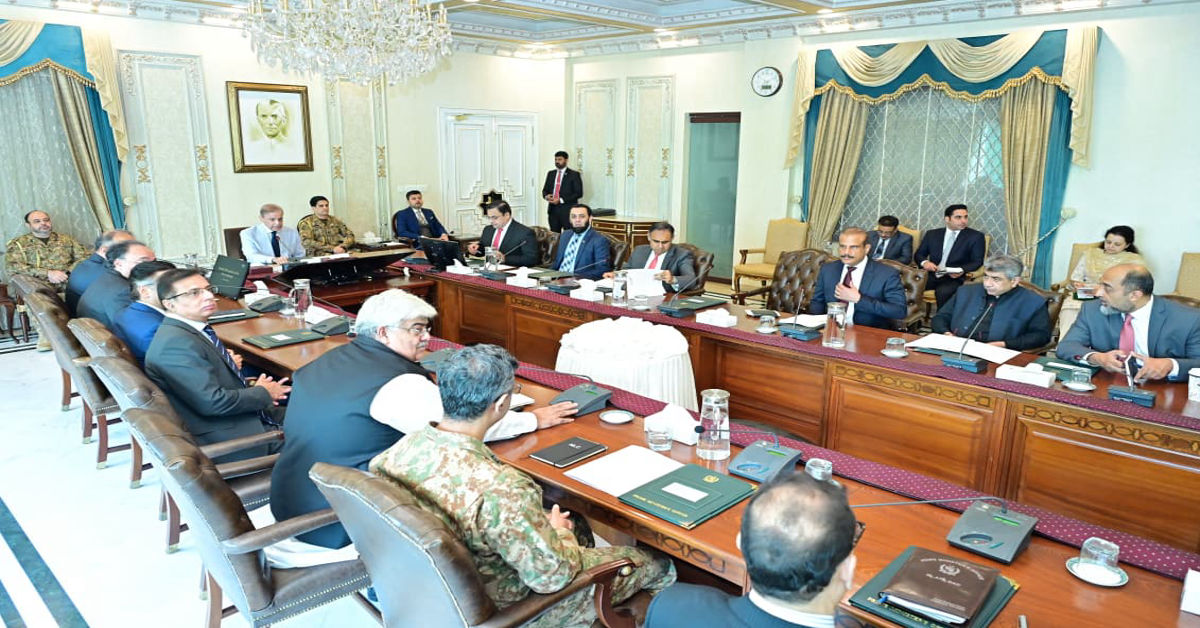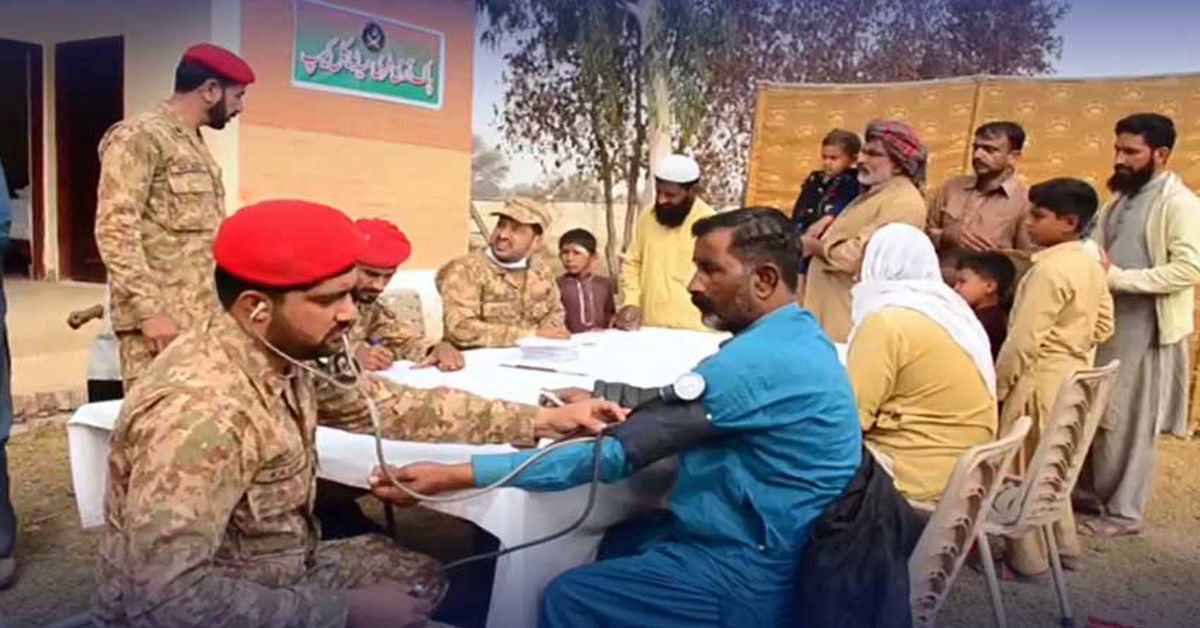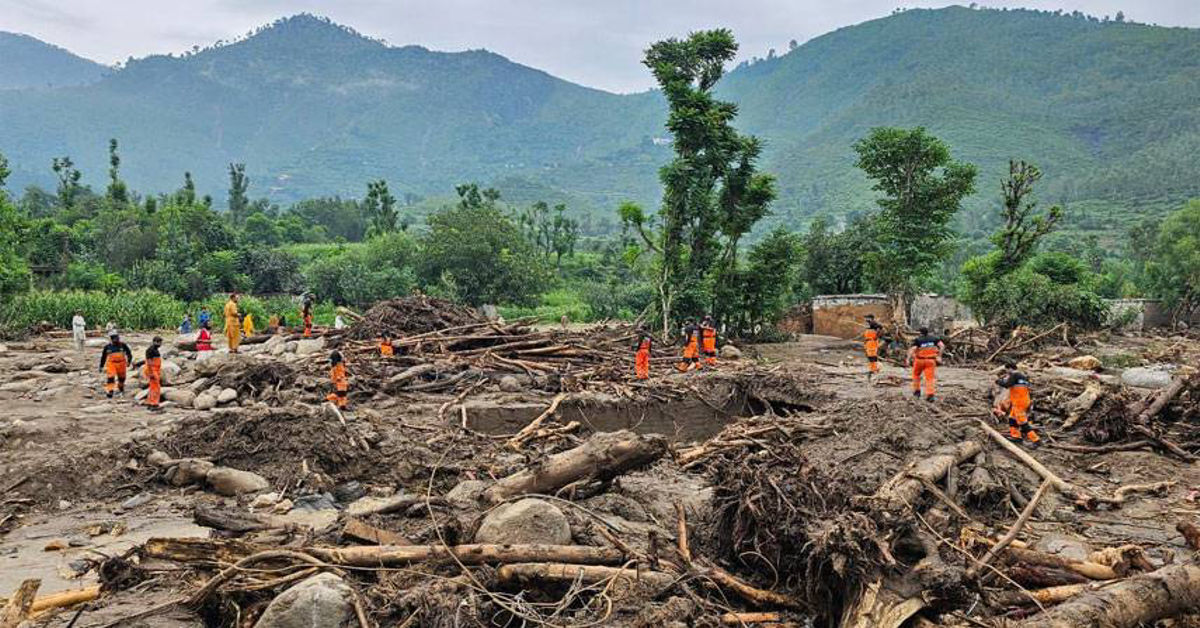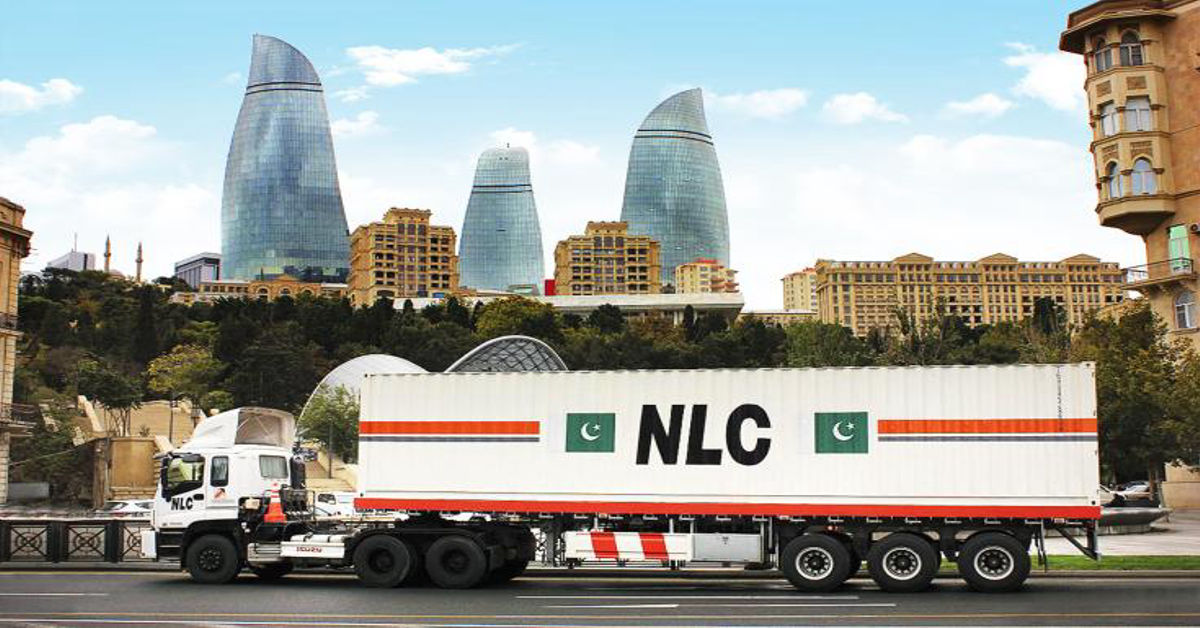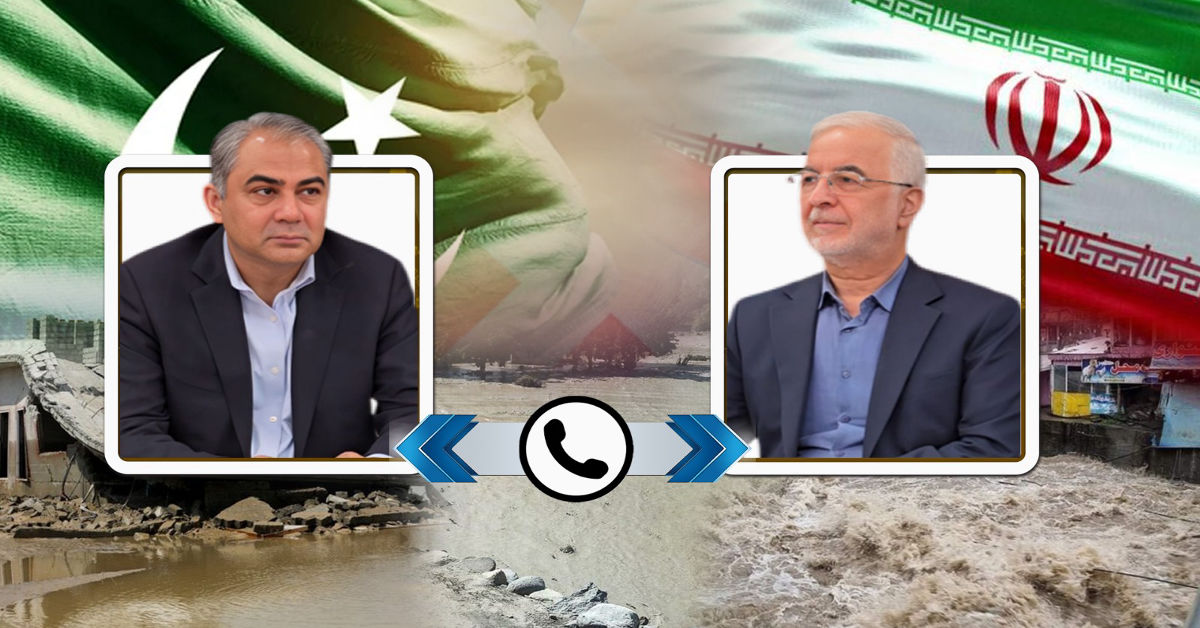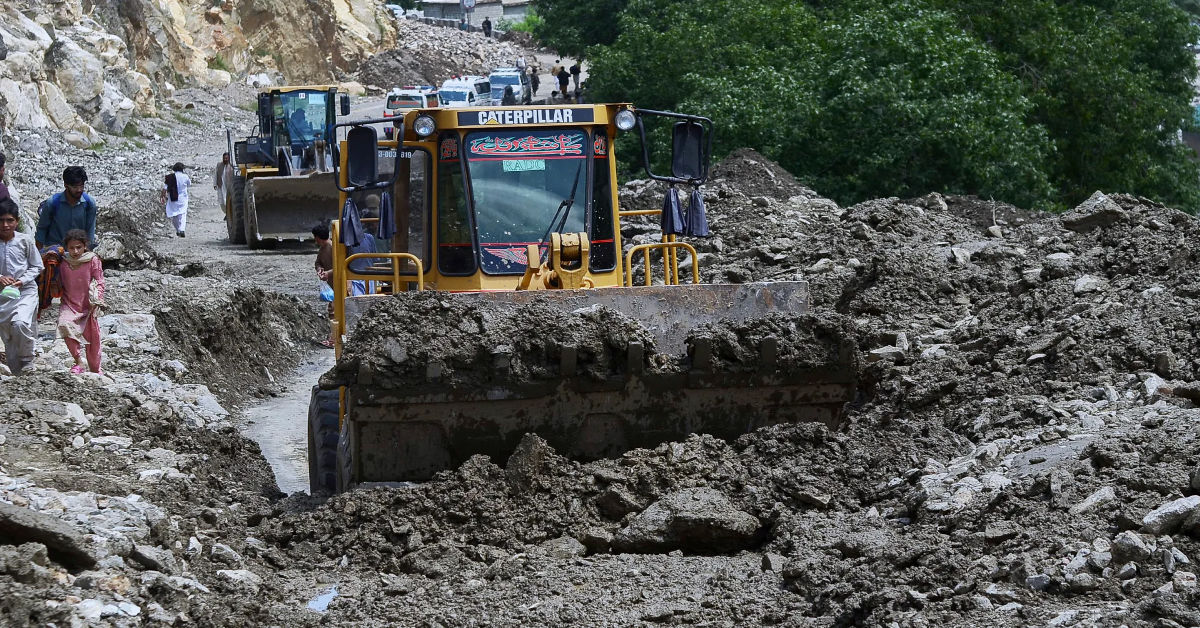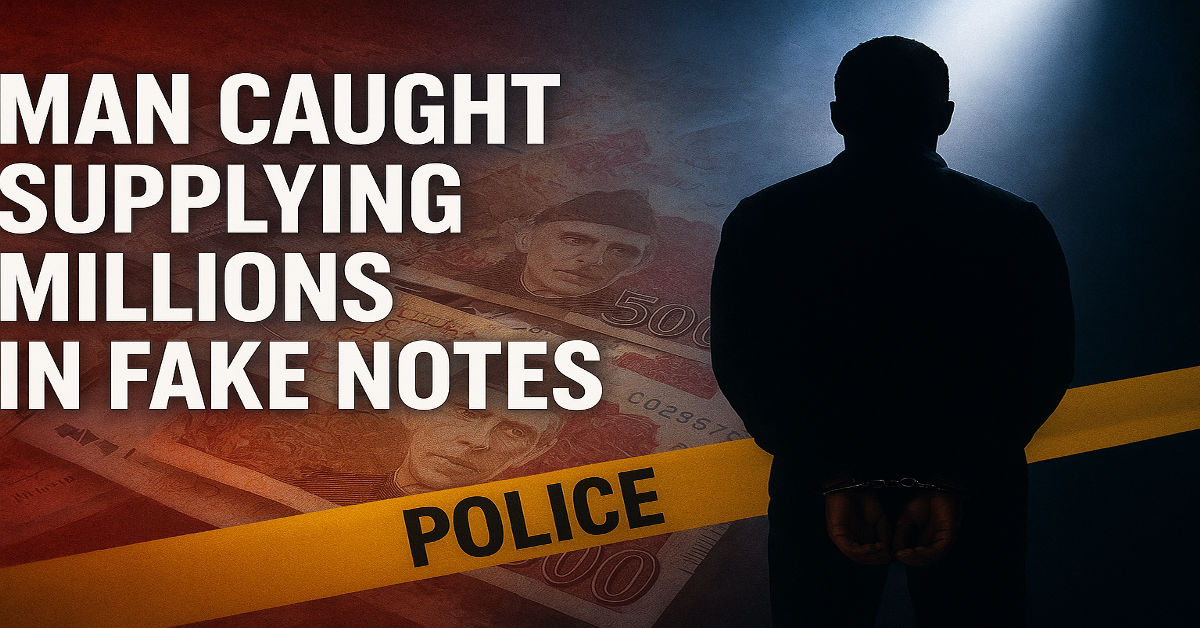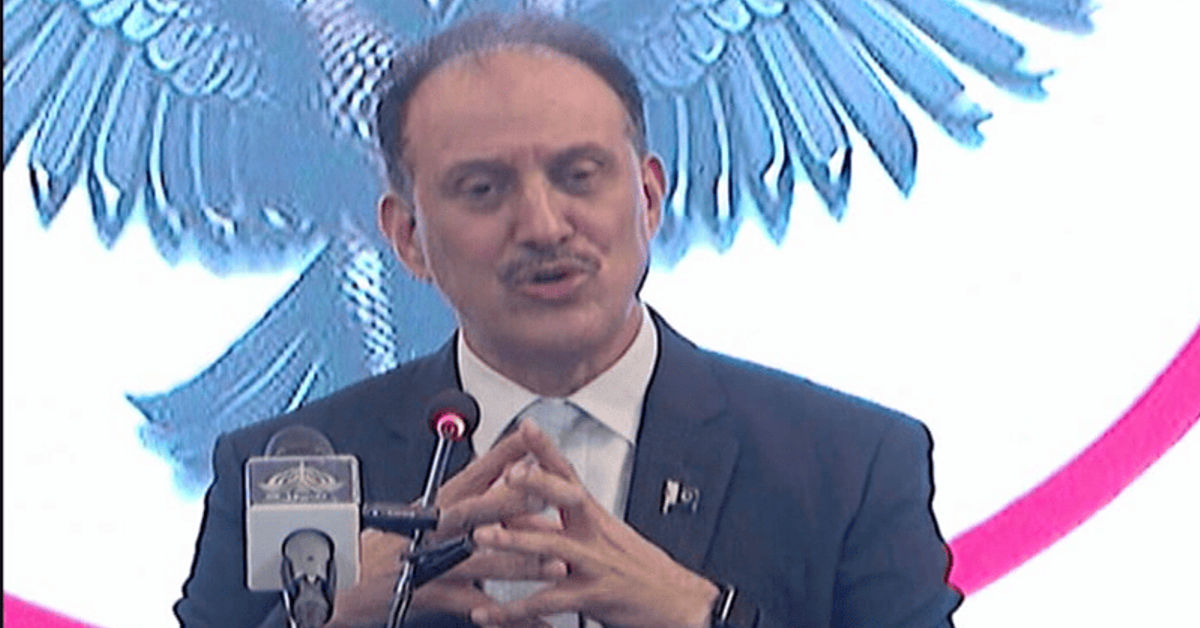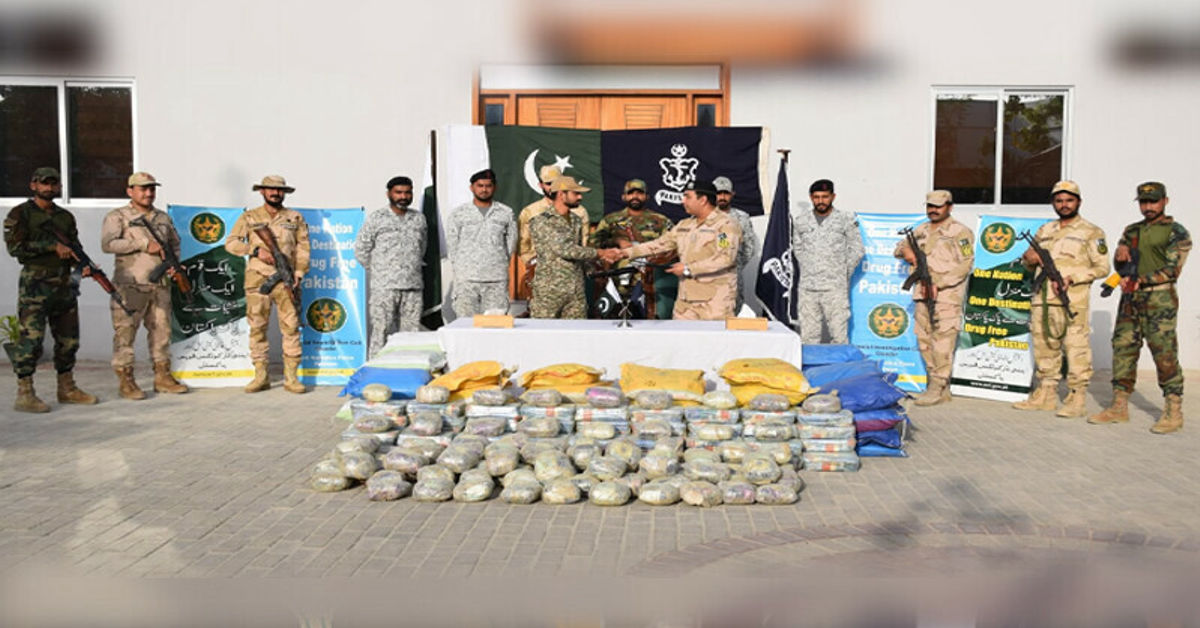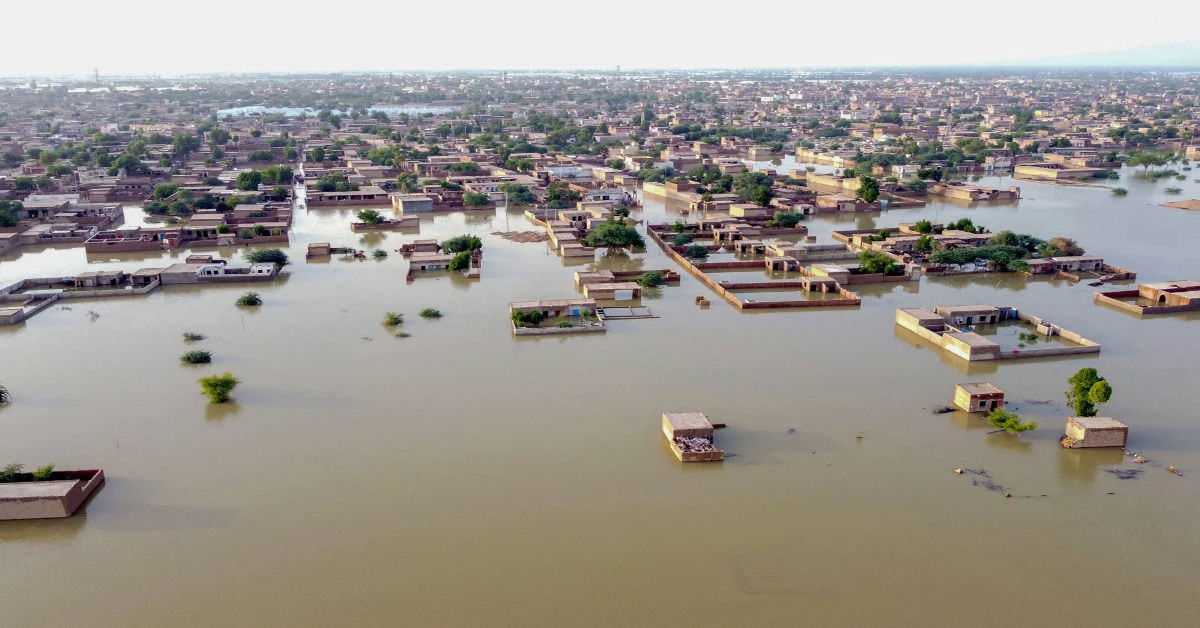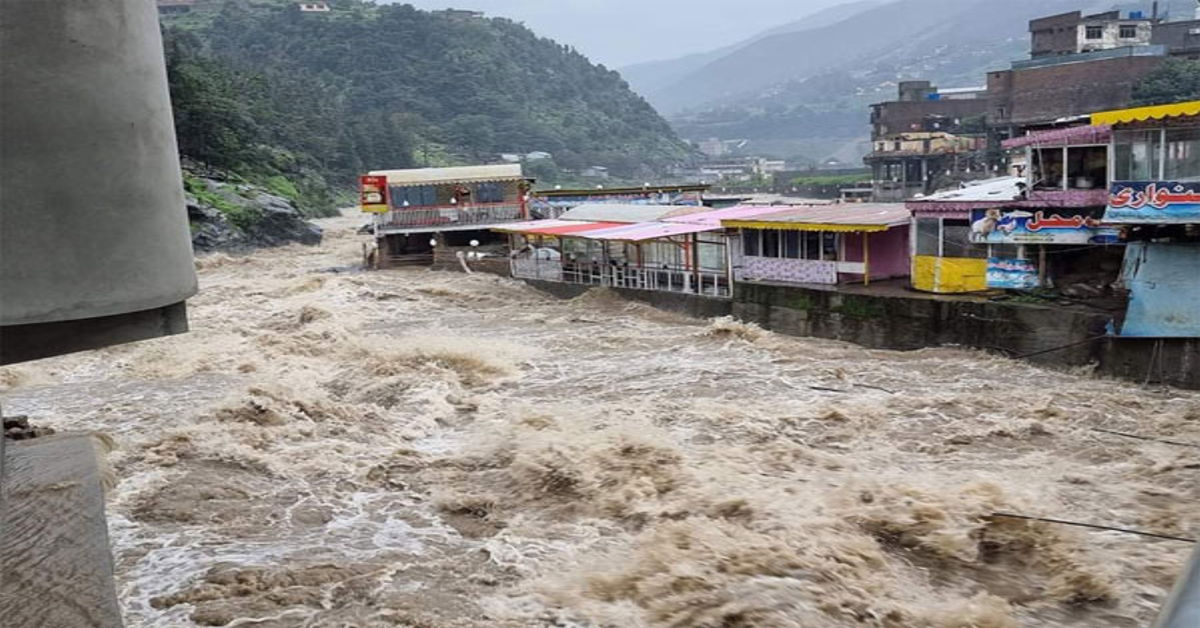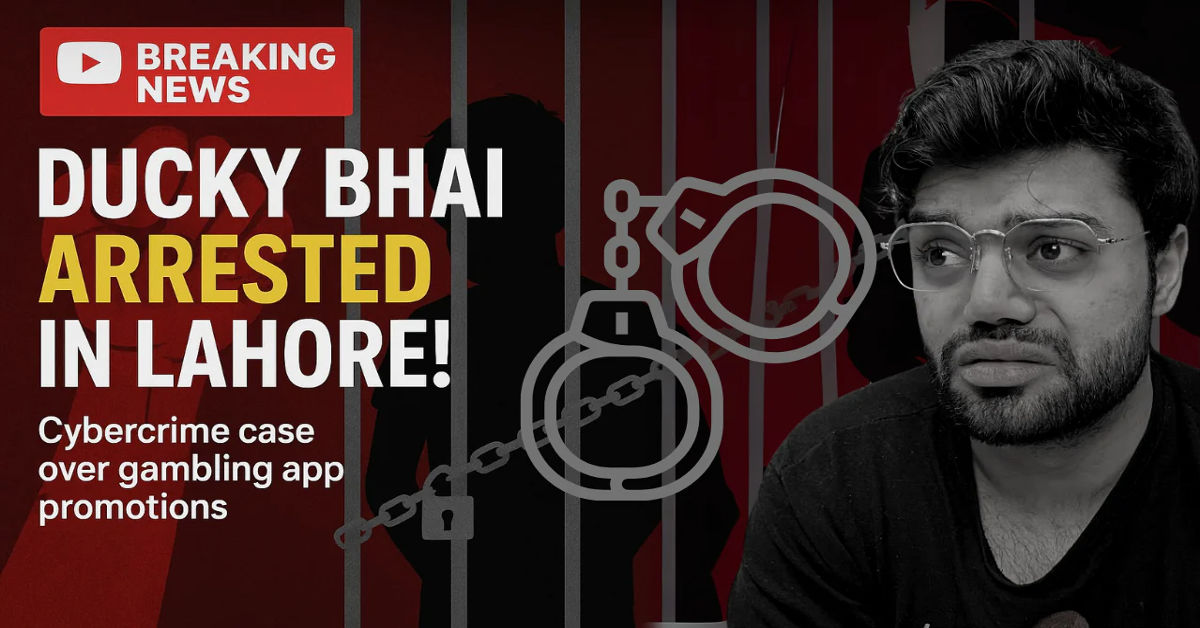
Early Friday morning, Israel carried out a very strong and unprecedented military campaign against important parts of the nuclear and military facilities of Iran. Practiced by Israeli fighter jets, the airstrikes targeted several high-value targets such as uranium enrichment plants. Missile storage facilities, and command and control centers. The perilous action is a steep rise in the decades-long conflict between the two countries. Israel dubbed the attack as “Operation Rising Lion” indicating that it aimed at delivering a powerful strike against the strategic abilities of Iran.
Prominent Iranian Losses of Life
The reported deaths of three of the most influential military leaders of Iran were among the biggest consequences of the attack. Amongst those confirmed dead was General Hossein Salami. The commander of the Islamic Revolutionary Guard Corps (IRGC), Major General Mohammad Bagheri. The highest-ranking military official in Iran, and Ali Shamkhani. A former national security chief and close adviser to Supreme Leader Ayatollah Ali Khamenei. The fact that six top nuclear scientists were also killed by the strike, as reported by Iranian state media. Made it more than a military operation, it was a direct blow to the leadership and the scientific brain trust of Iran.
Drone Retaliation and Immediate Response of Iran
Hours after the Israeli attacks, Iran retaliated by sending over 100 drones to Israeli airspace. The military in Israel confirmed that it had started intercepting the drones before they enter into its airspace. Such a rapid response shows that Iran might not take long before launching a wider counterattack. Ayatollah Khamenei threatened “a harsh punishment,” whereas the spokesperson of the Armed Forces of Iran promised that Israel and the United States will pay dearly. The scene seems to be loaded towards a protracted and perilous conflict.
Israeli Purpose and Objectives
Israeli Prime Minister Benjamin Netanyahu, in a televised address, defended the strikes as having been necessary to the survival of Israel. According to him, the mission had dealt a blow to the heart of Iranian nuclear weaponization program, Natanz and other installations. Netanyahu made a point that the operation would last as long as it would take days to finish the threat. His remarks are an indication of change of Israeli policy deterrence to actual military confrontation with the nuclear ambitions of Iran.
Iran Chaos night
This night was full of terror and confusion to lots of Iranians. People living in Tehran and other cities said they heard thunderous explosions and saw fireballs in the sky and felt the ground shaking. Several videos shared on the internet depicted buildings in flames, probably related to military or nuclear facilities. The civil aviation authority of Iran quickly closed the airspace of the country. And banned all flights in the country and declared a state of emergency. The psychological aspect of the attack along with the elimination of the highest leaders has rattled the confidence of the nation about its defense mechanisms.
High Alert in Israel
Israel is not leaving chances as it deals with the fall out of Iran. The government announced a special state of emergency, closed its airspace, and schools, and prohibited large gatherings of people. Reservists in Israel are being called up in large numbers (tens of thousands of reservists) to active duty and defense systems throughout the country have been put on high alert. The military of Israel also acknowledged that a second round of attacks was used to strike at the aerial defense facilities of Iran. Including radar installations and missile launchers in a bid to forestall an immediate retaliation.
World condemnations flow
The international community has responded with dismay and denunciation. Saudi Arabia condemned the operation as an affront to the sovereignty of Iran as well as international conventions. Whereas China voiced its profound concern, describing the situation as that of grave and intricate complexity. The western supporters of Israel have been releasing conflicting statements. Where some sympathise with the right of Israel to defend itself and others calling away restraint. The United Nations has requested de-escalation stating that a wider confrontation would disrupt an already unstable Middle East.
Effect on Nuclear Diplomacy
It is especially notable when the Israeli strikes came at a time when a sixth round of nuclear talks between Iran and the U.S. was to take place on Sunday. Analysts feel that these negotiations are officially dead. It is a big blow to the Biden administration that had been championing diplomacy, as hardliners in Tehran grow stronger. According to analysts, any possibility of resuscitating the Iran nuclear deal is probably buried and what is taking the center stage is military bravado.
Localized Intensification Threatens
Iran has a huge influence in the region, as it has a network of proxy forces, such as Hezbollah in Lebanon, the Houthis in Yemen, and different militias in Iraq and Syria. These organizations have already increased their fire on Israel following the 2023 war in Gaza. Since Iran is now being directly targeted, its proxies can now increase their operations in support. The U.S. with its 40,000 forces spread throughout the Middle East may become sucked into a larger confrontation even though it may officially remain non-involved in the Israeli action.
Conclusion
The historic changes in the Middle East power politics have been signified by bold and devastating attacks by Israel against Iran. Israel has sent a message of zero tolerance to the nuclear ambitions of Iran by attacking some of the most senior Iranian leaders and nuclear facilities. Nevertheless, the step also brings the area a step closer to a war that could be devastating. Both countries are now in a military posturing mode and it has reduced the chances of diplomacy. With tensions escalating and the whole world observing. The next few days will tell whether this operation will become the gateway to the sustainable security or the start of the new and very threatening era of violence.

